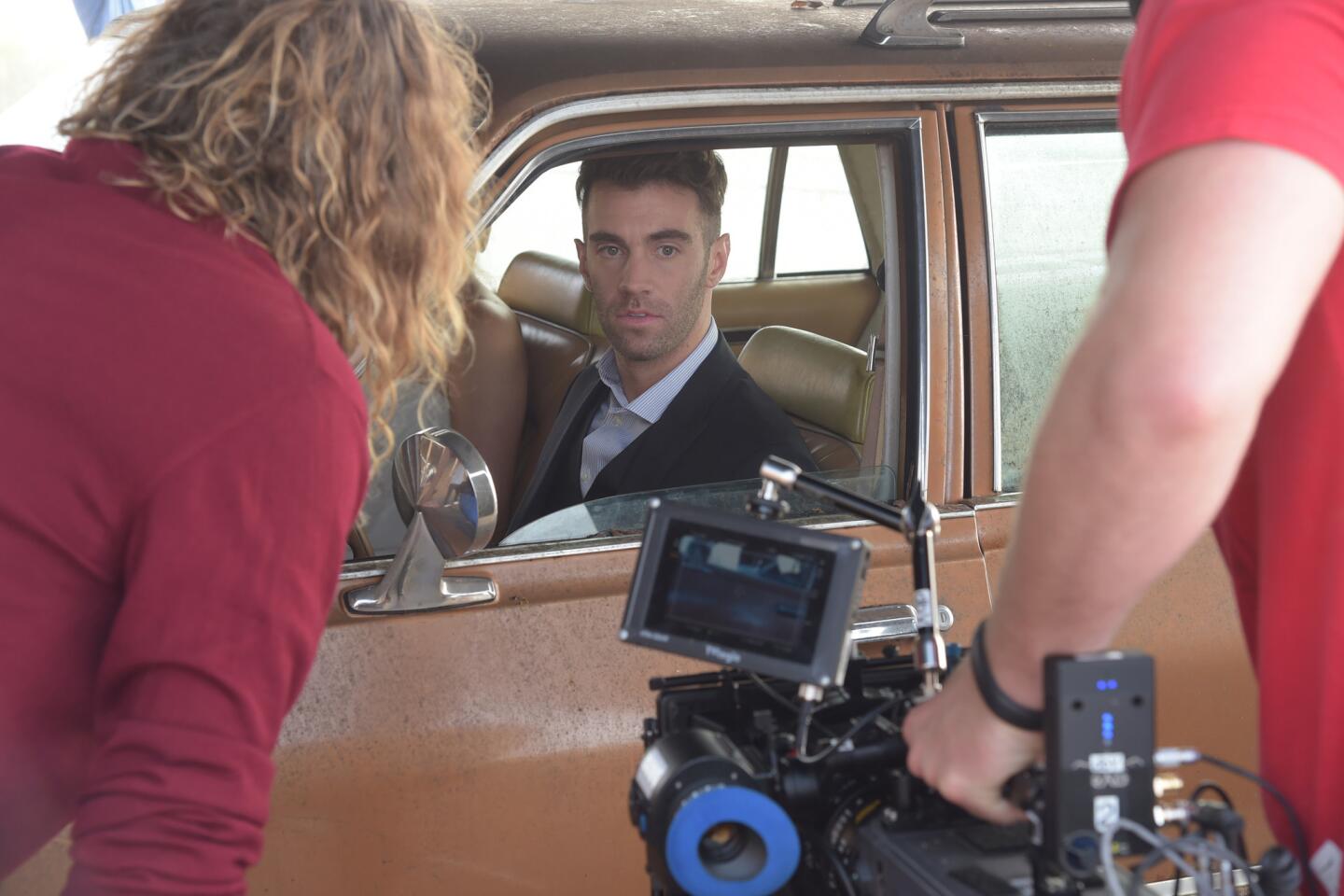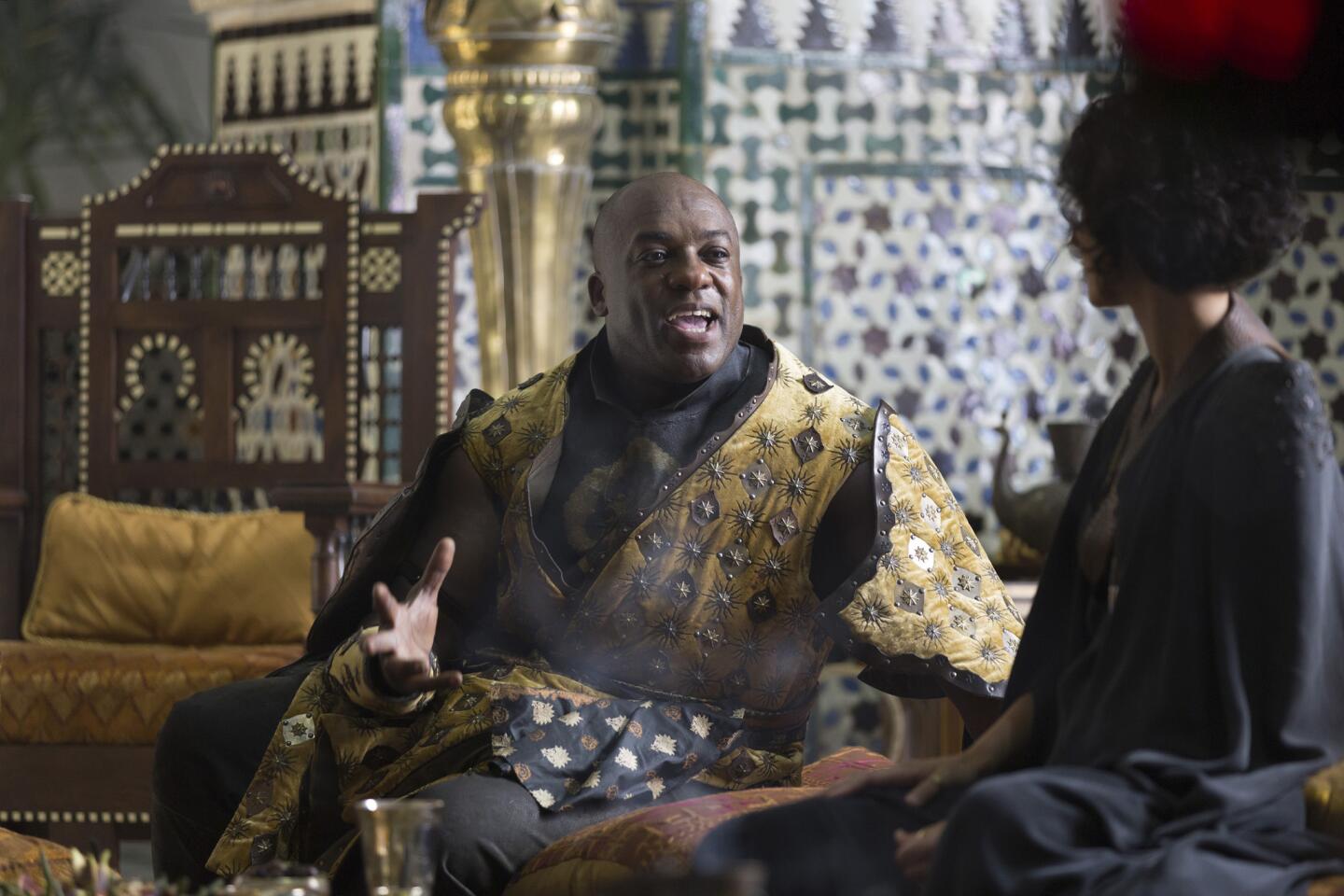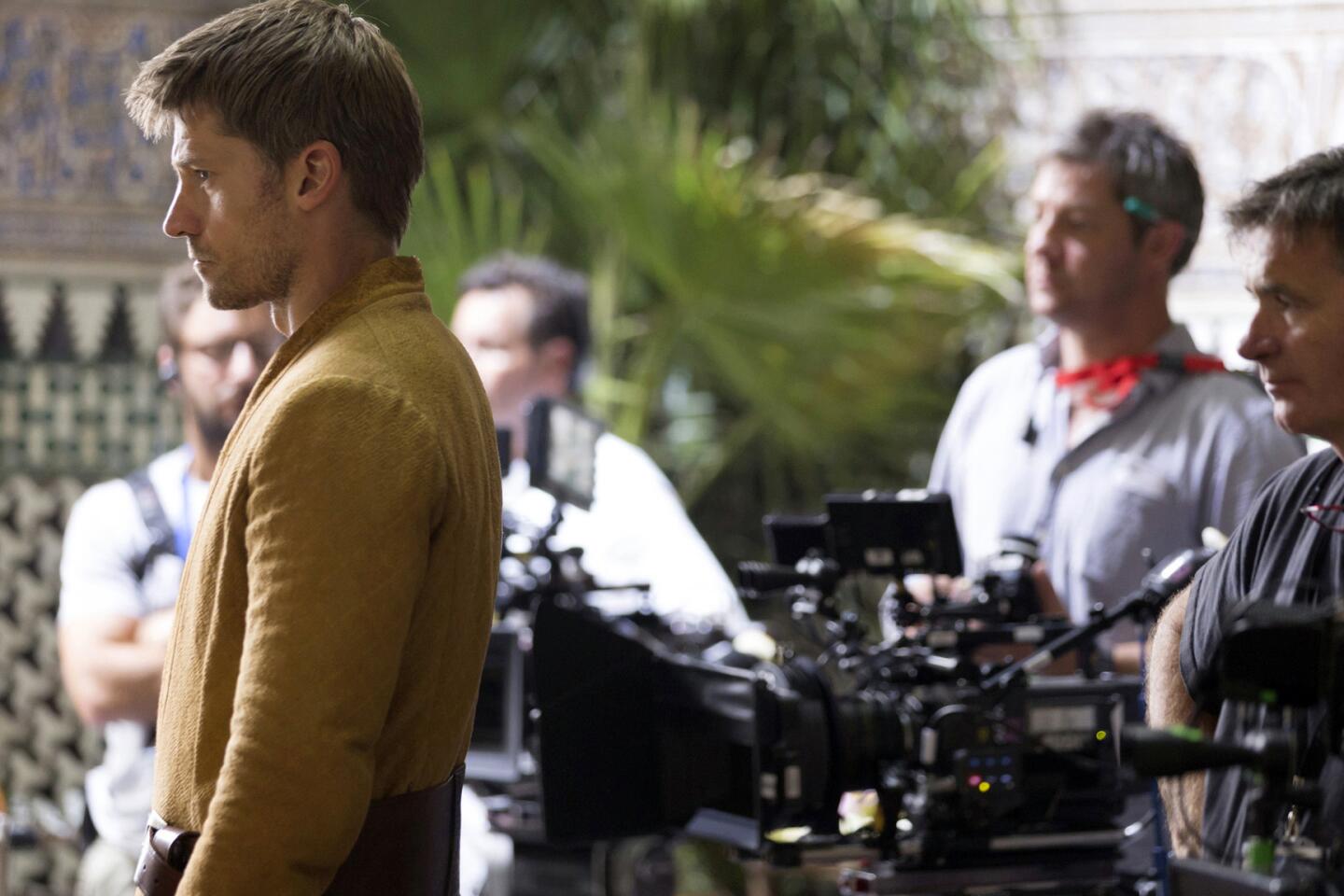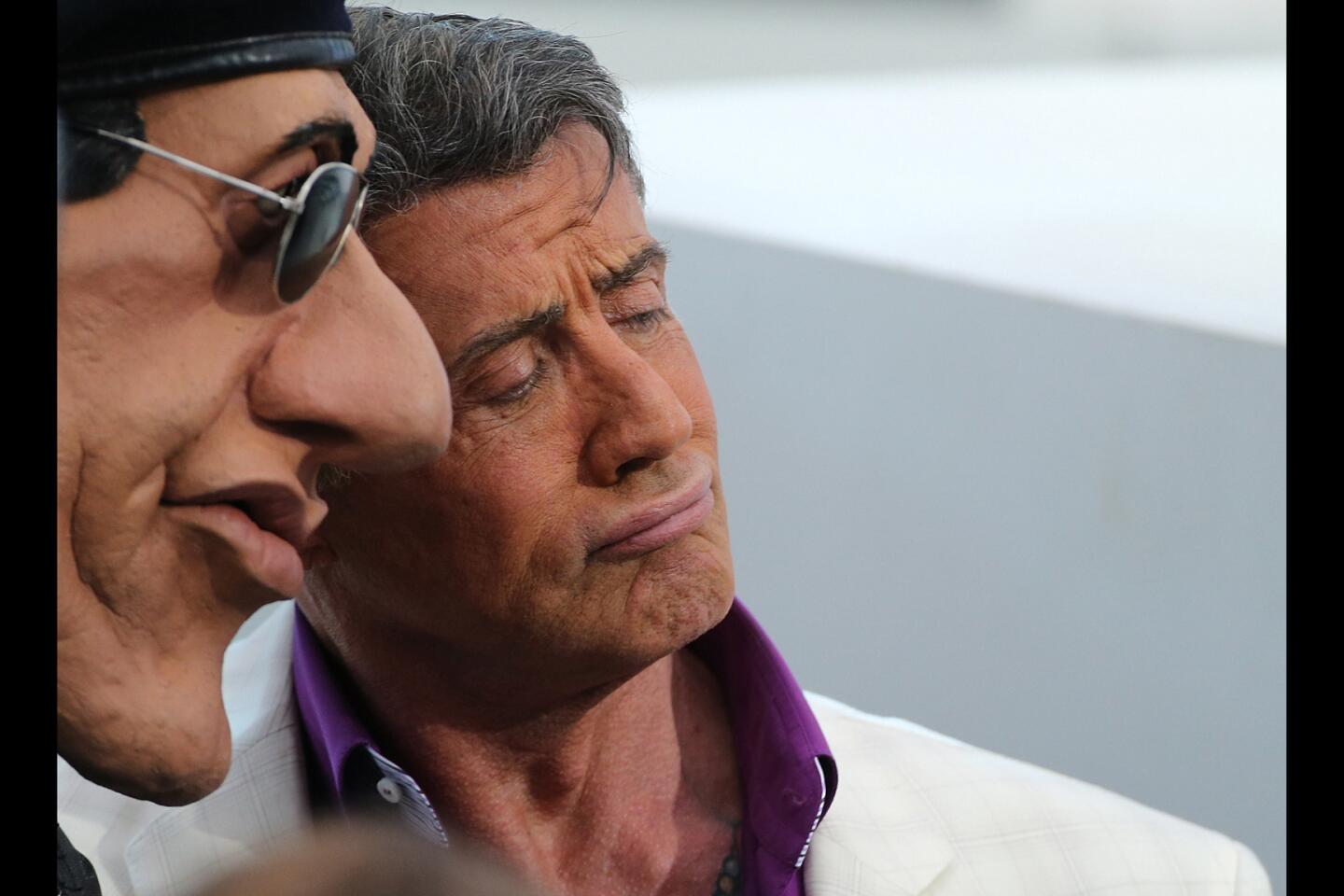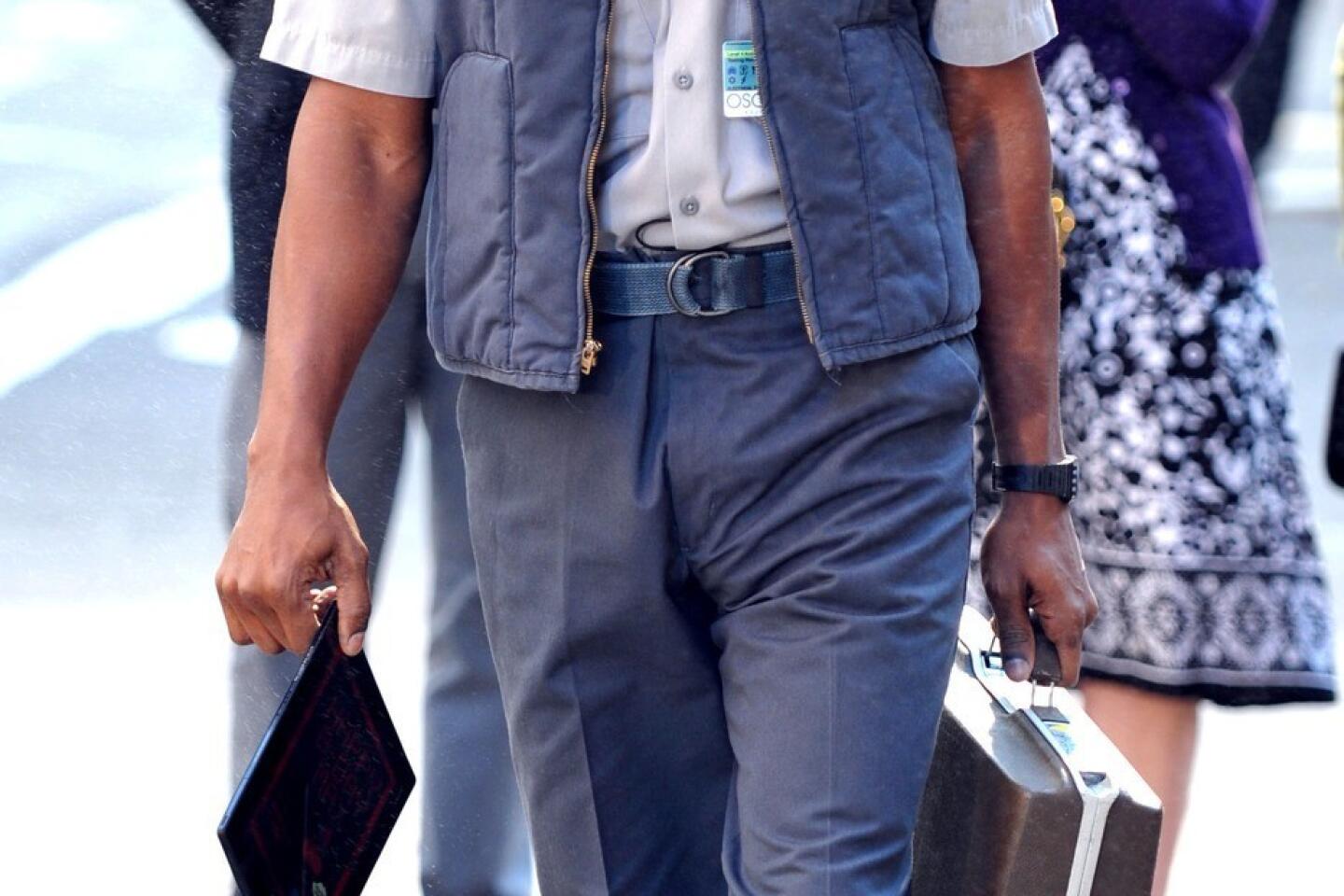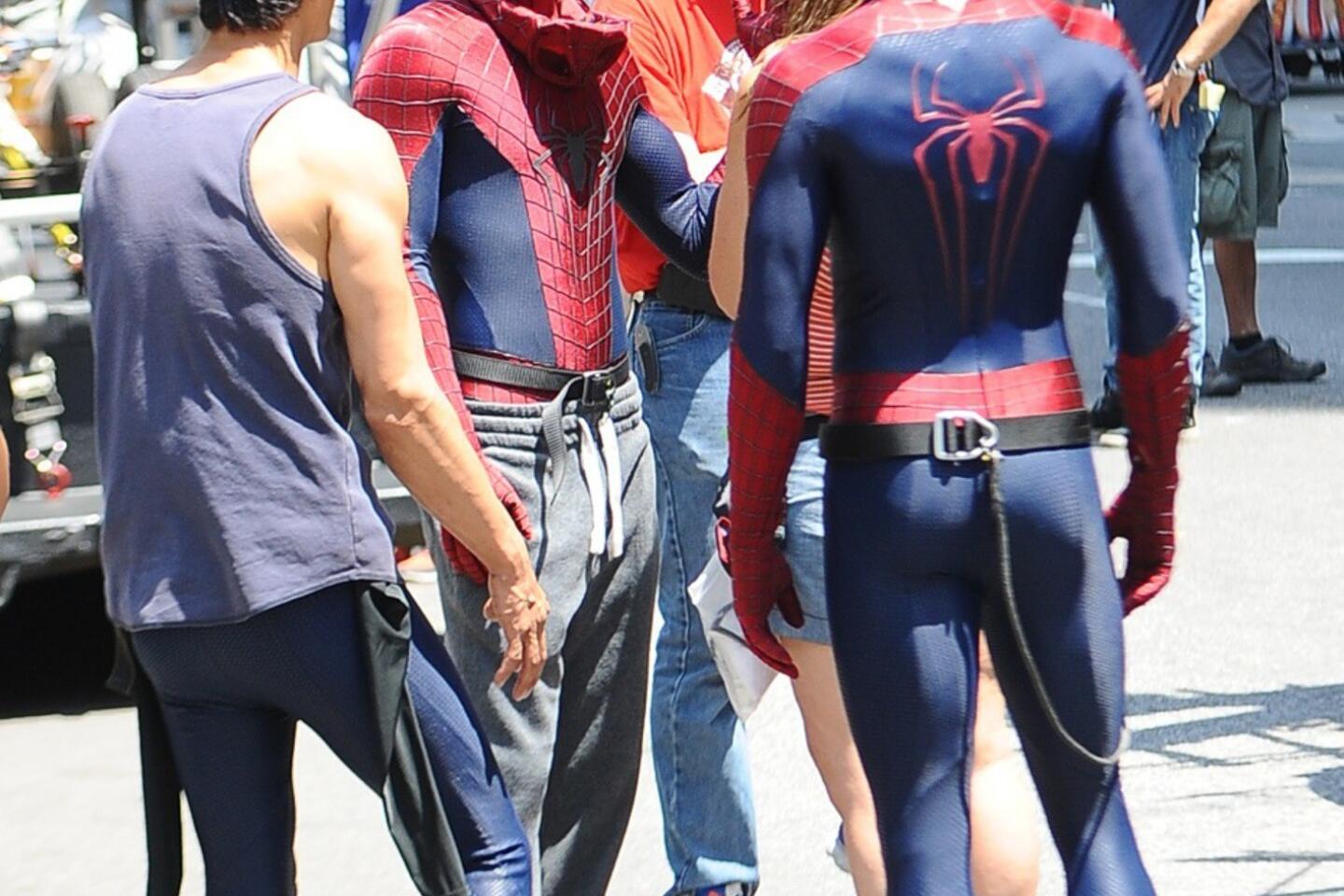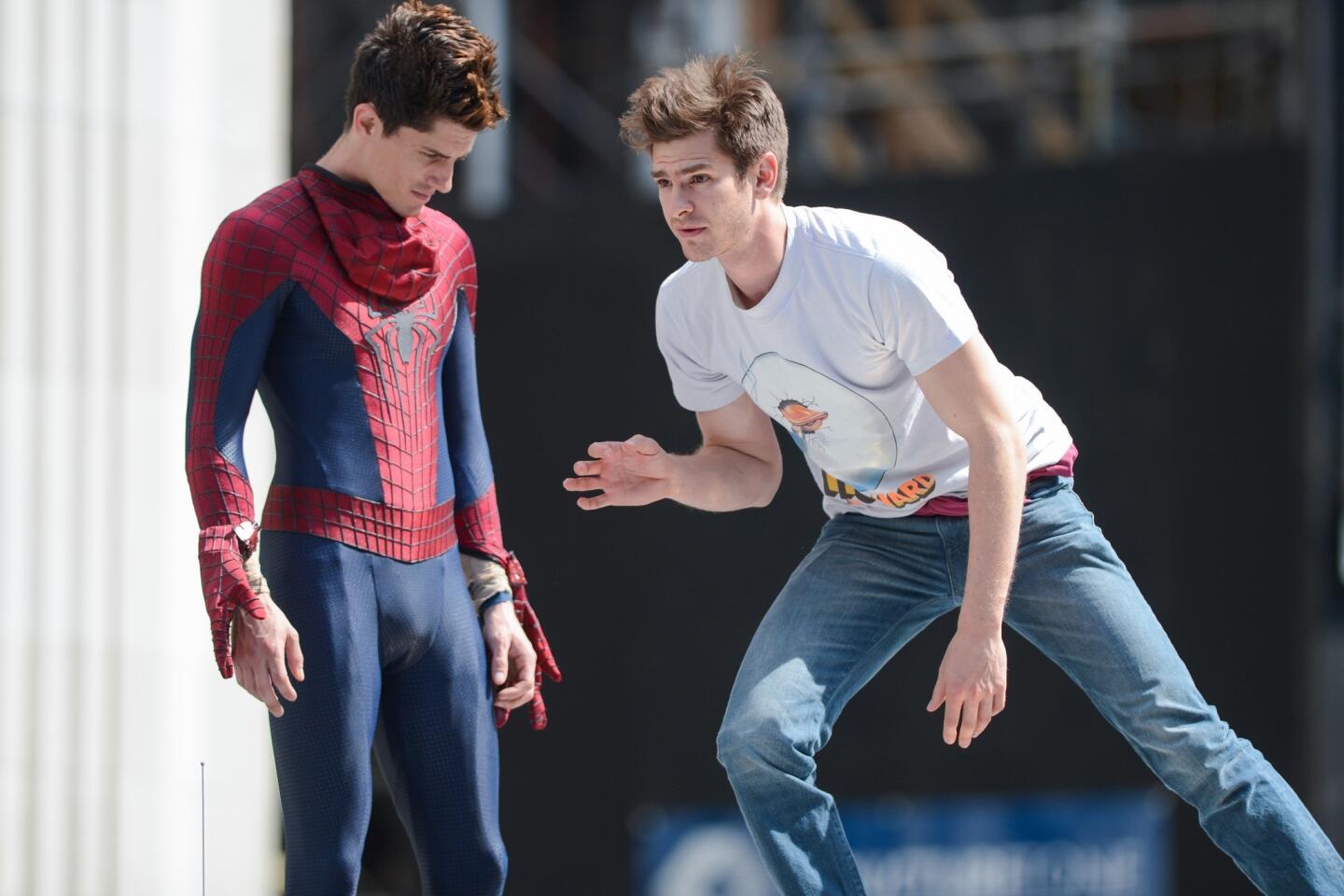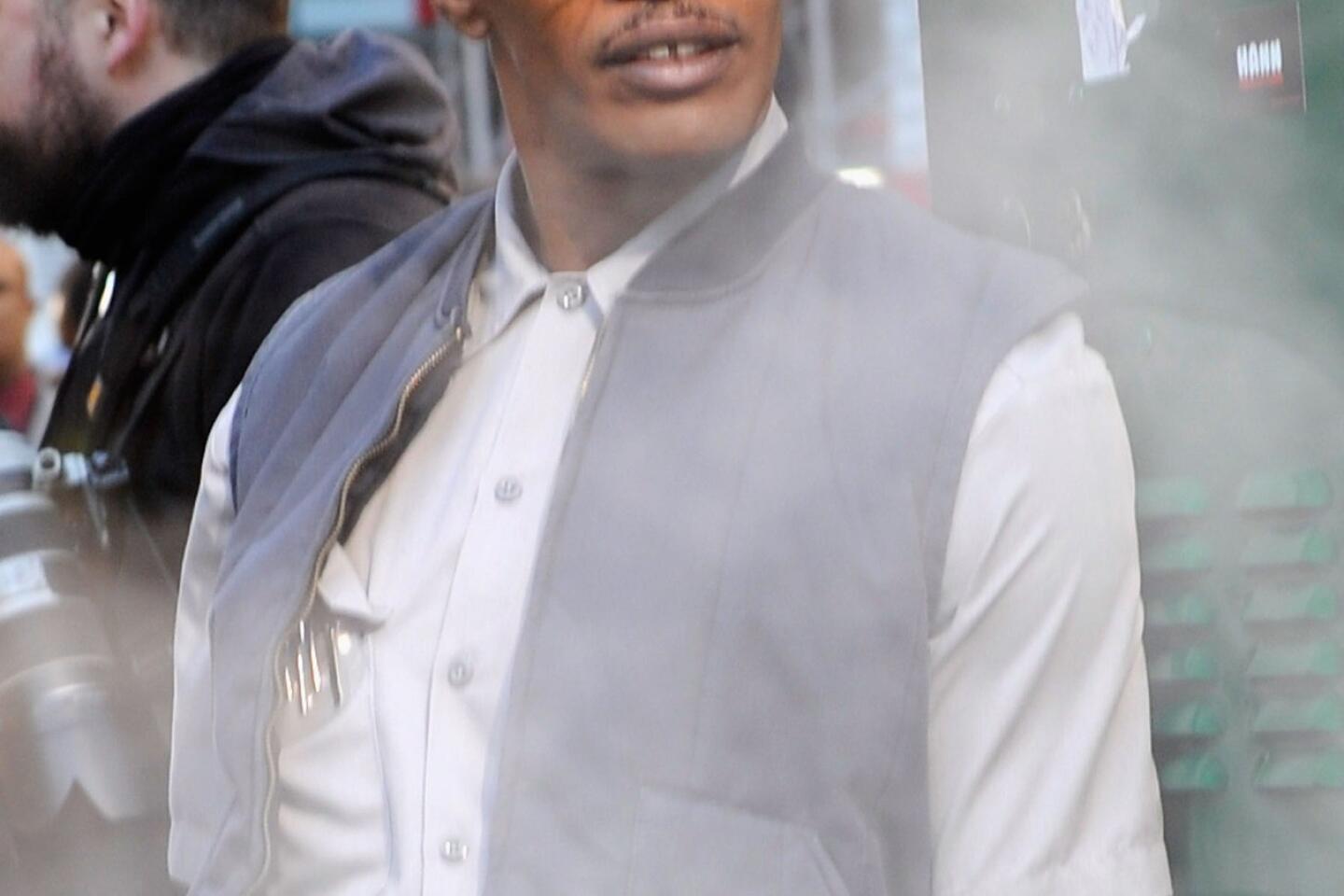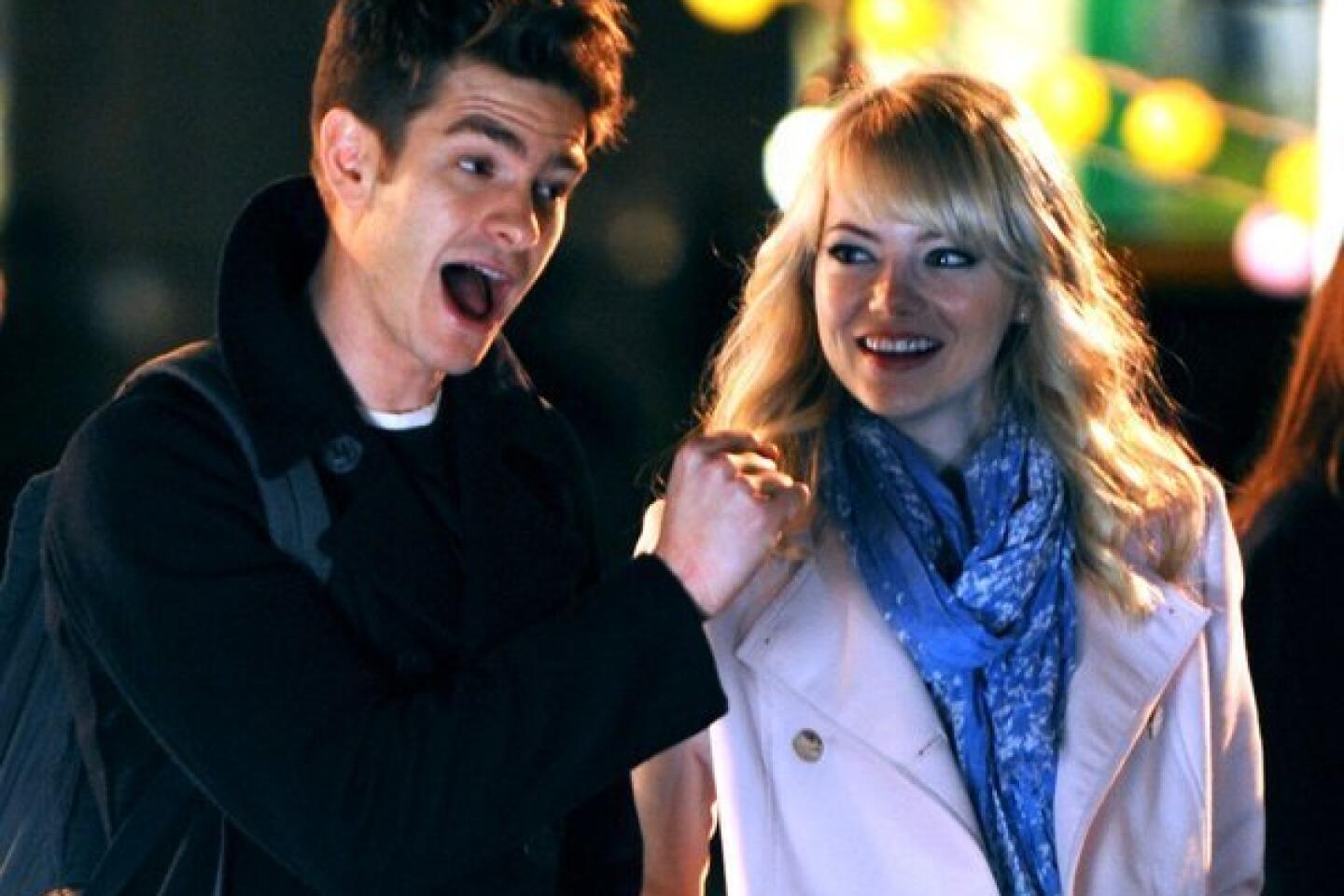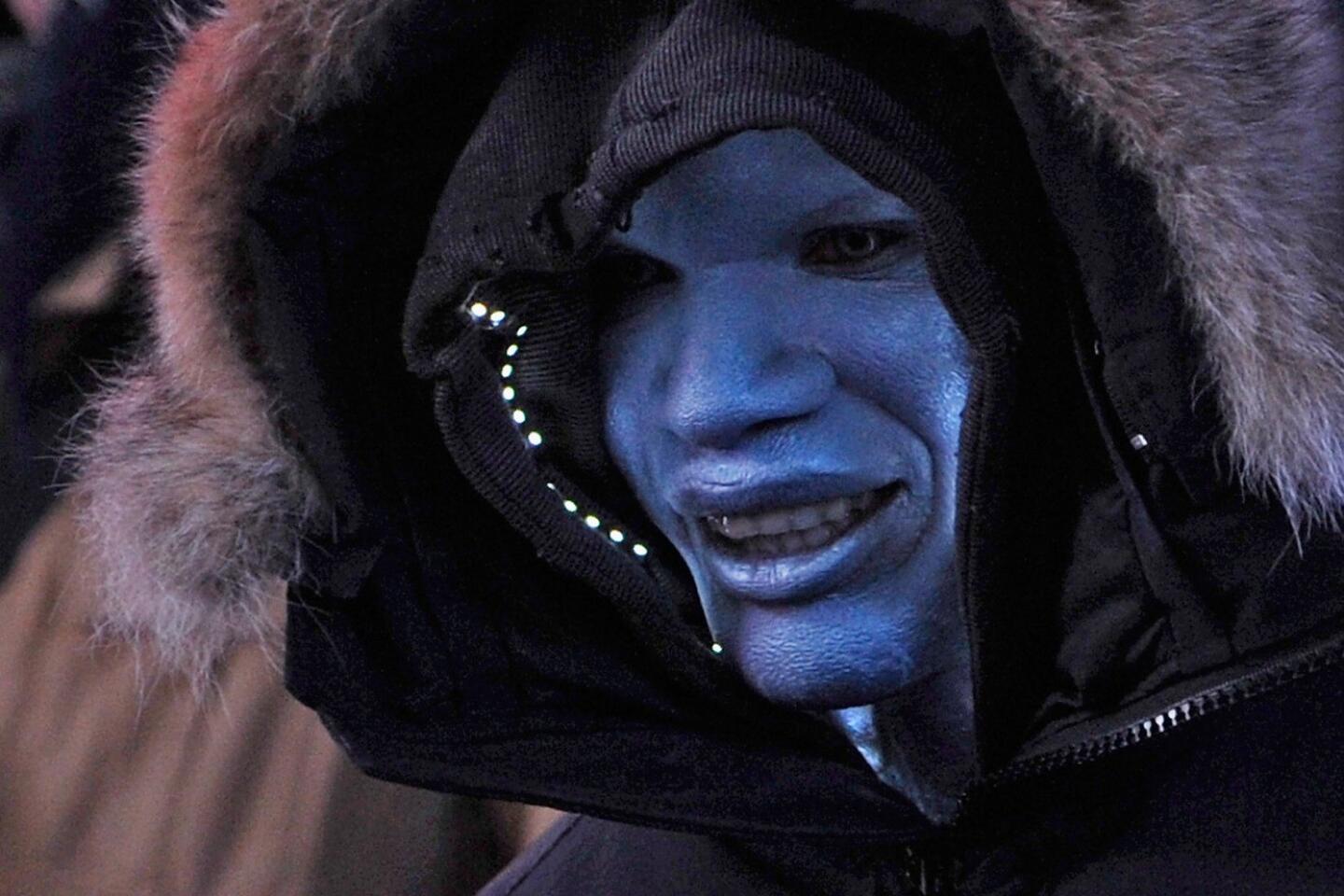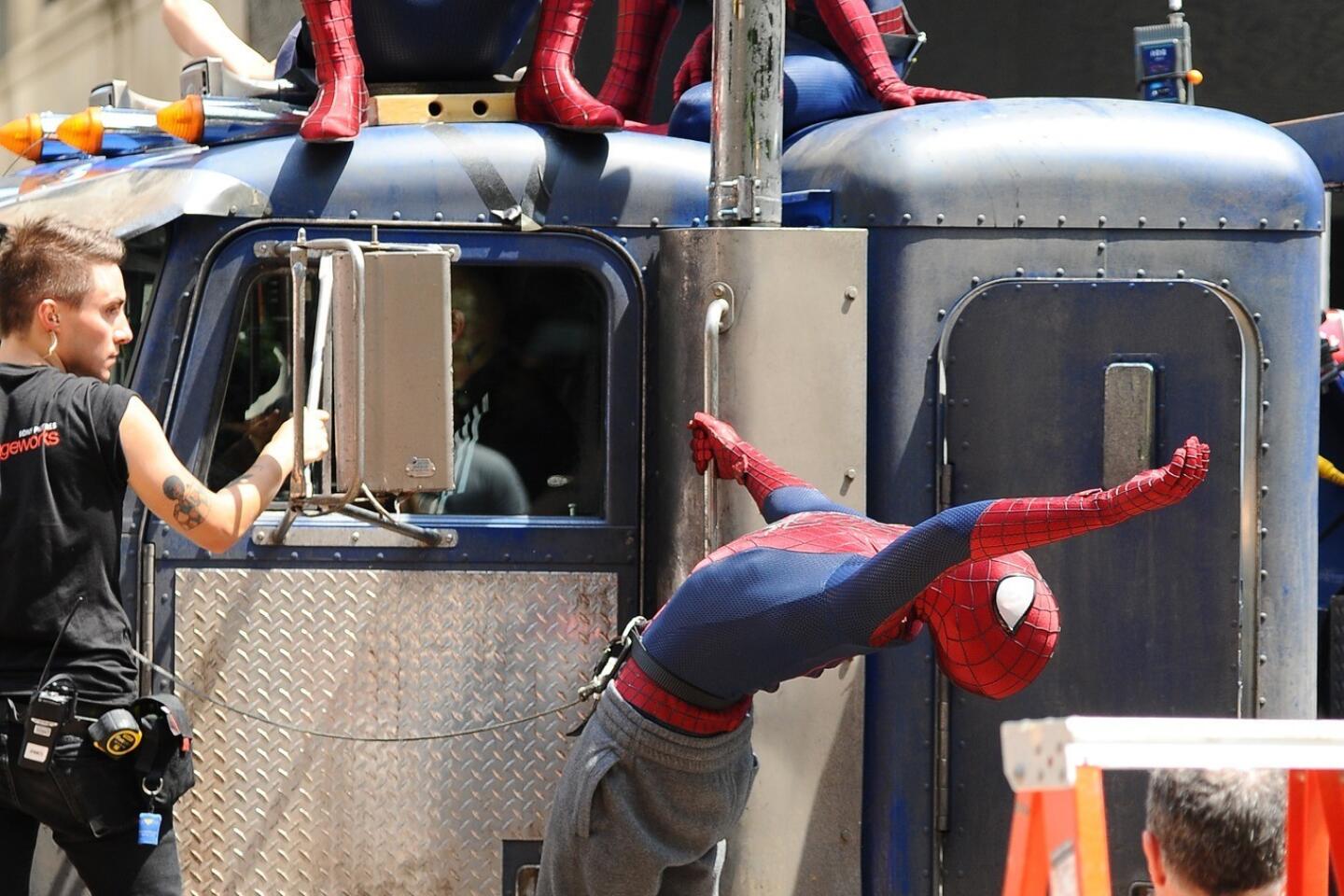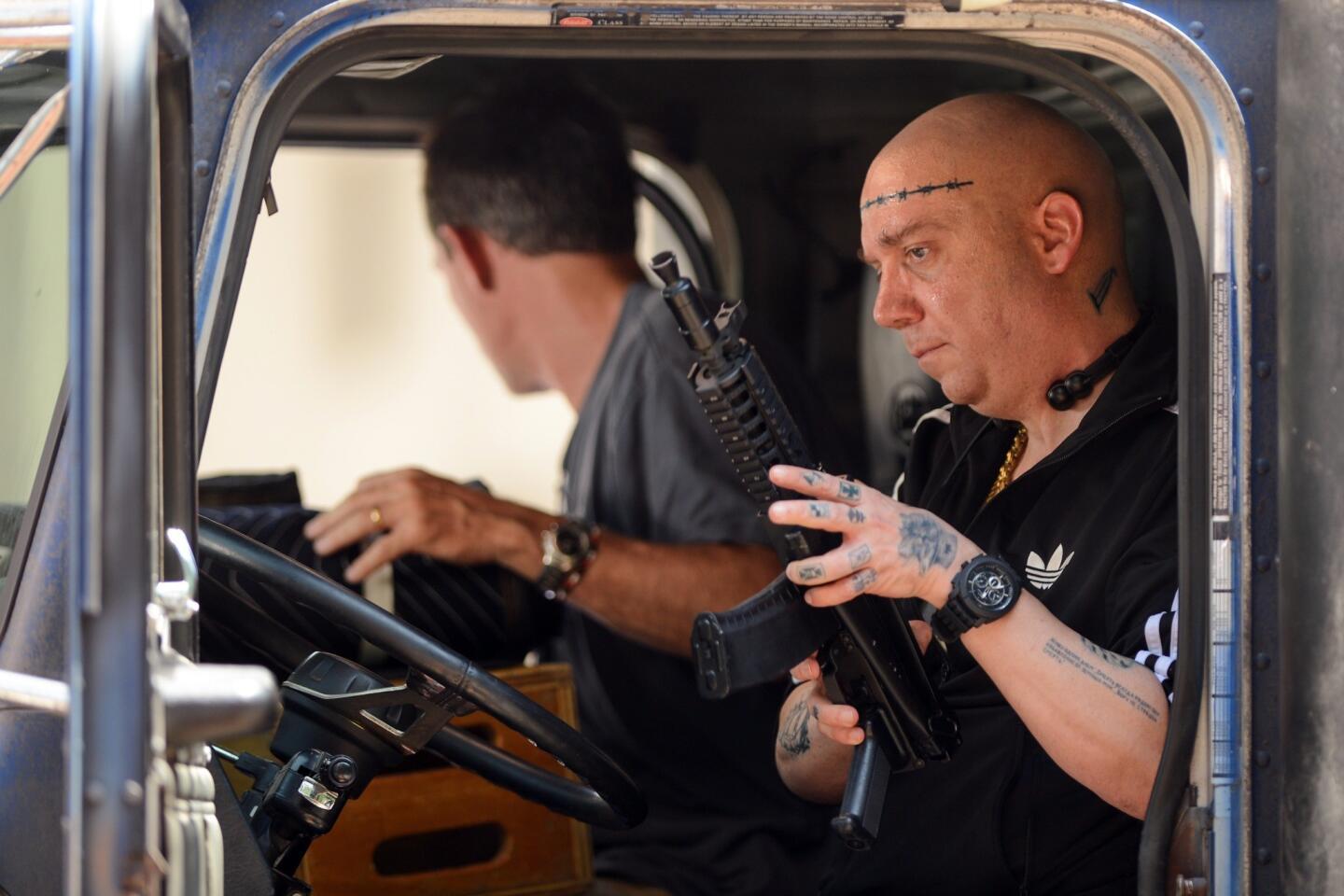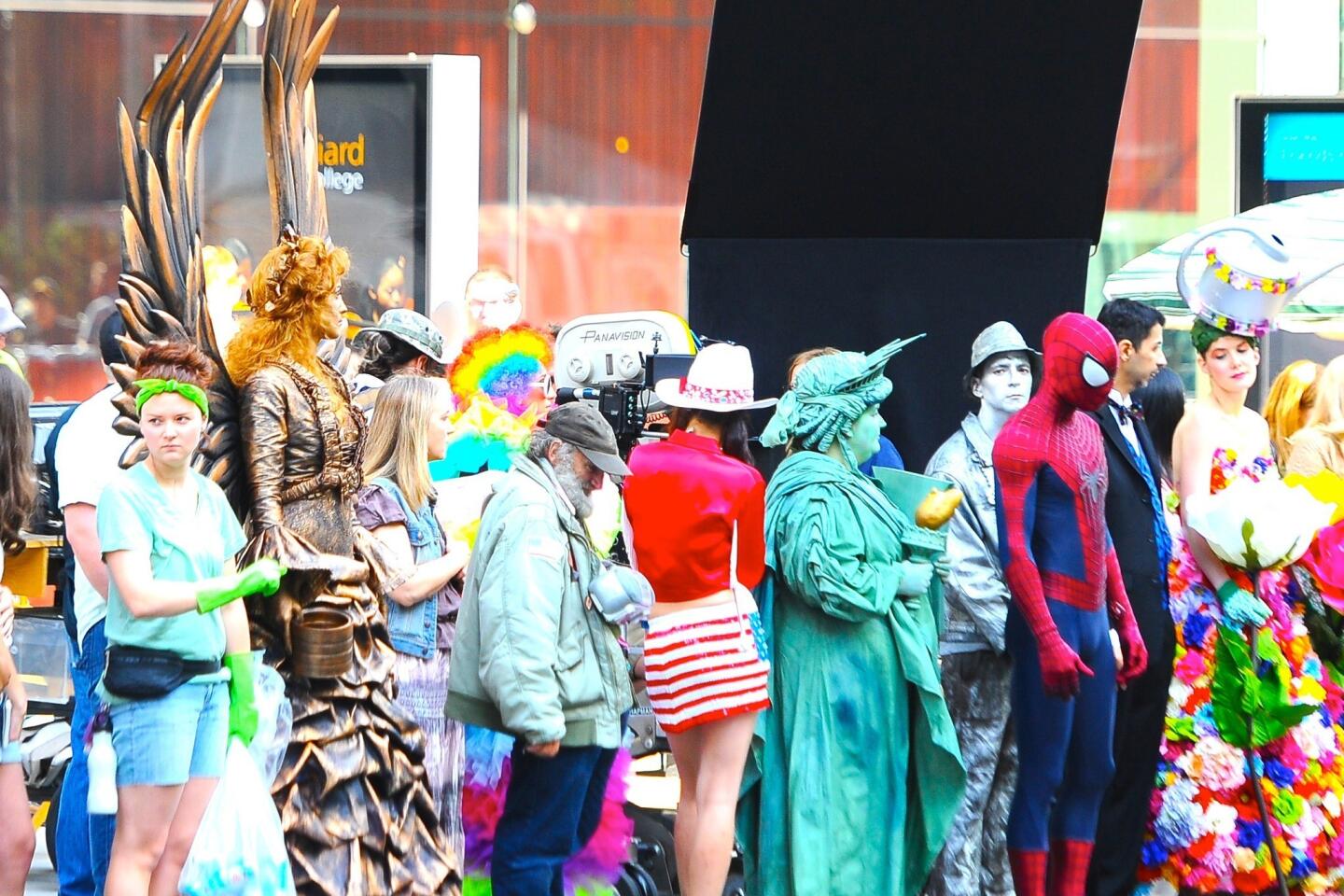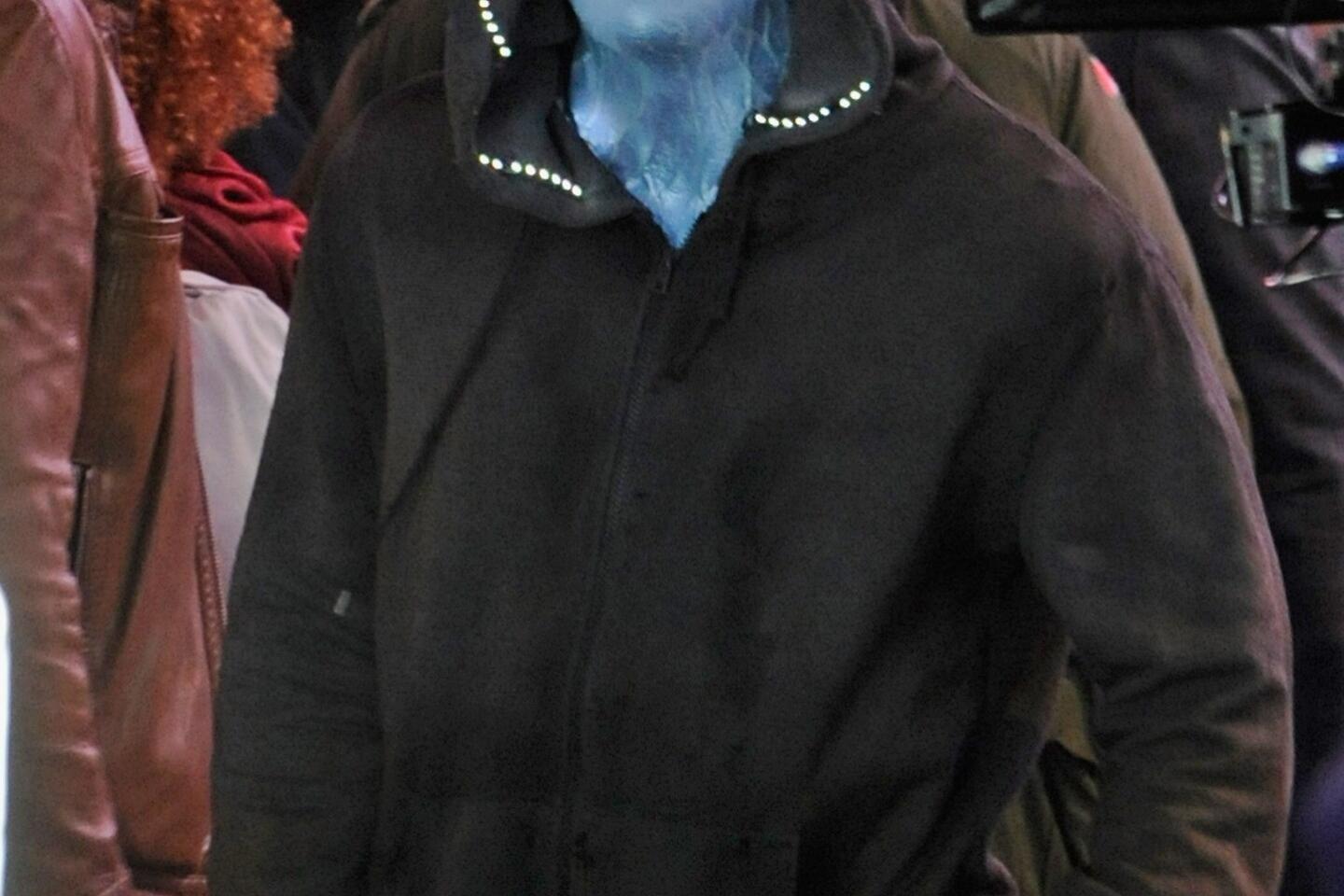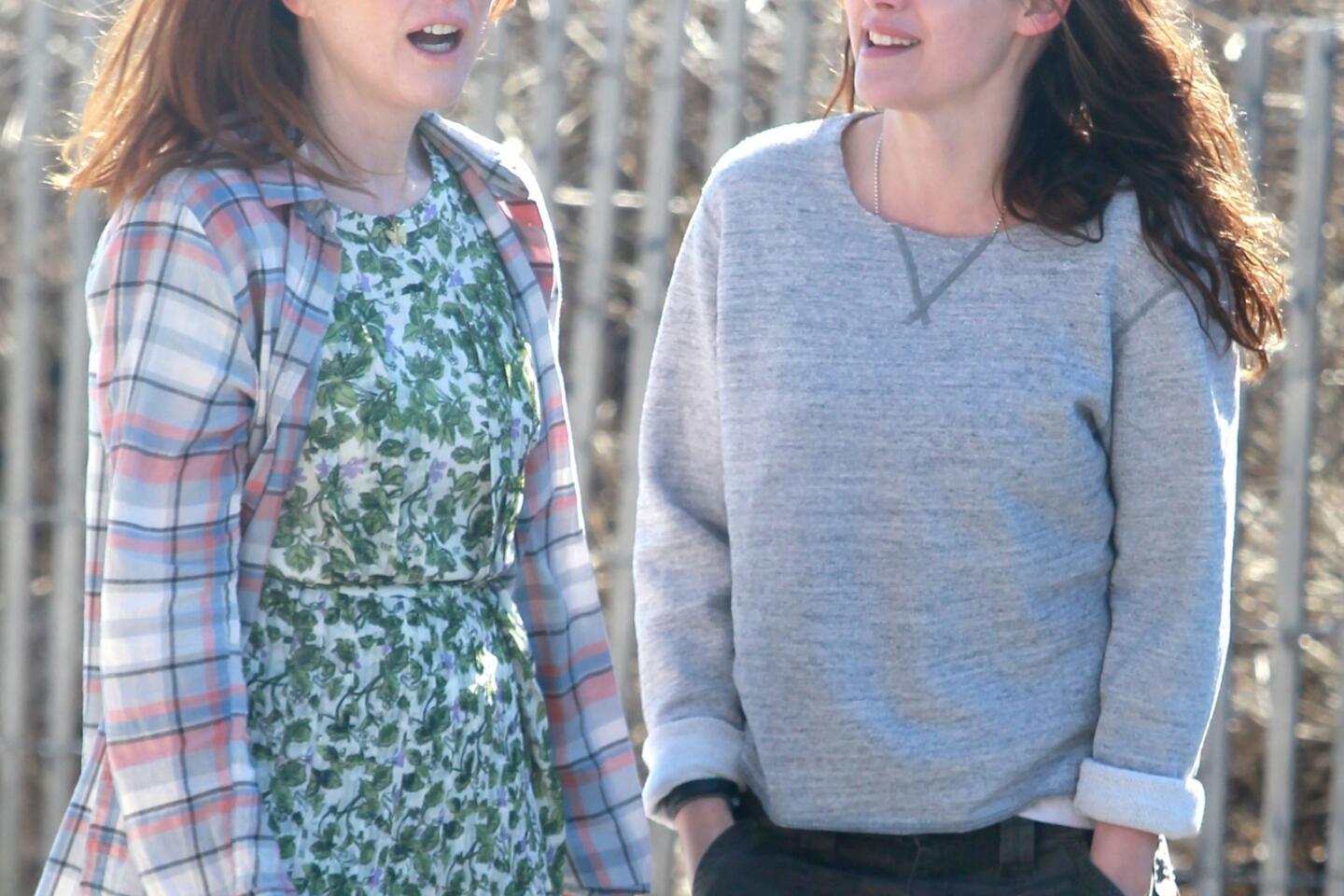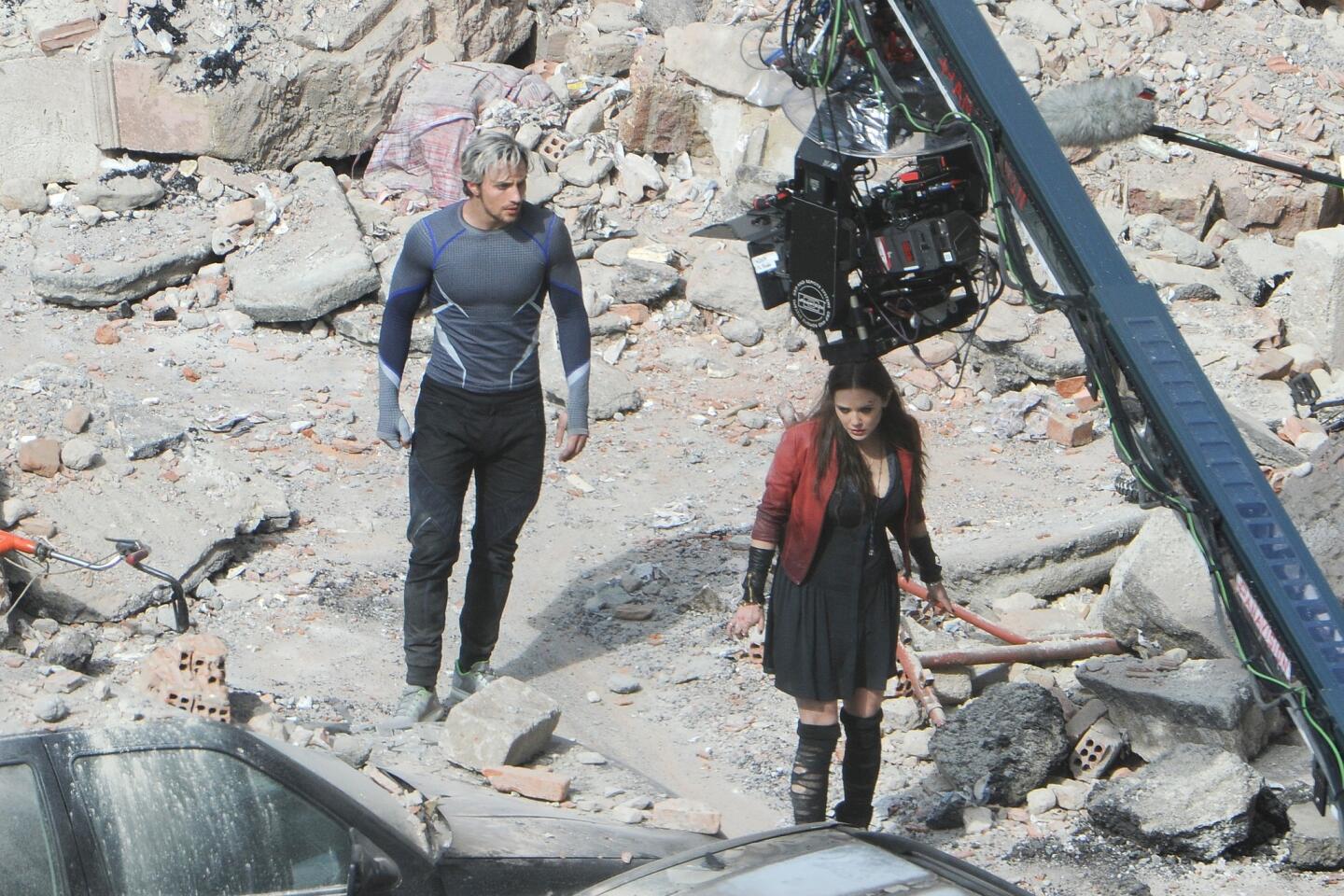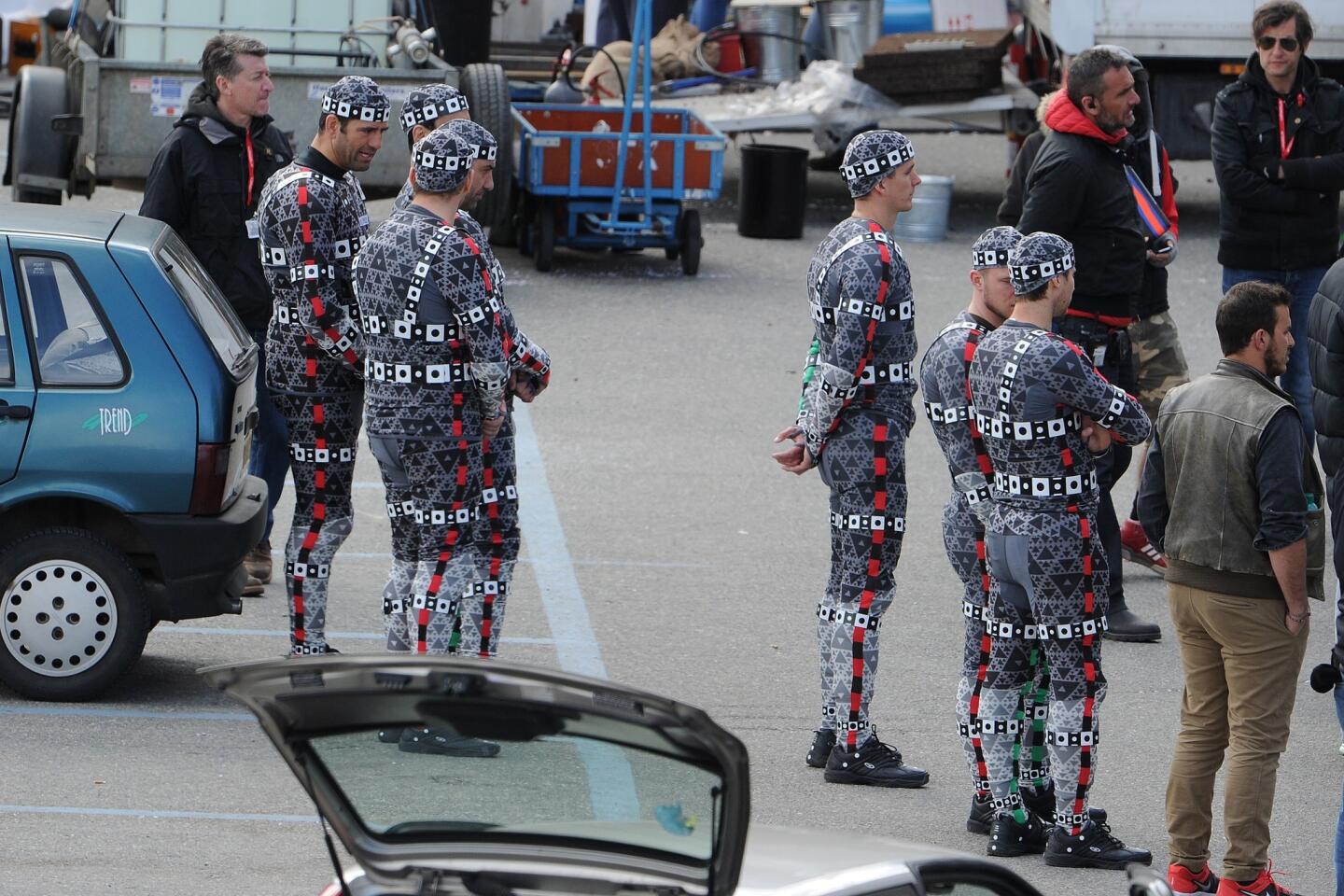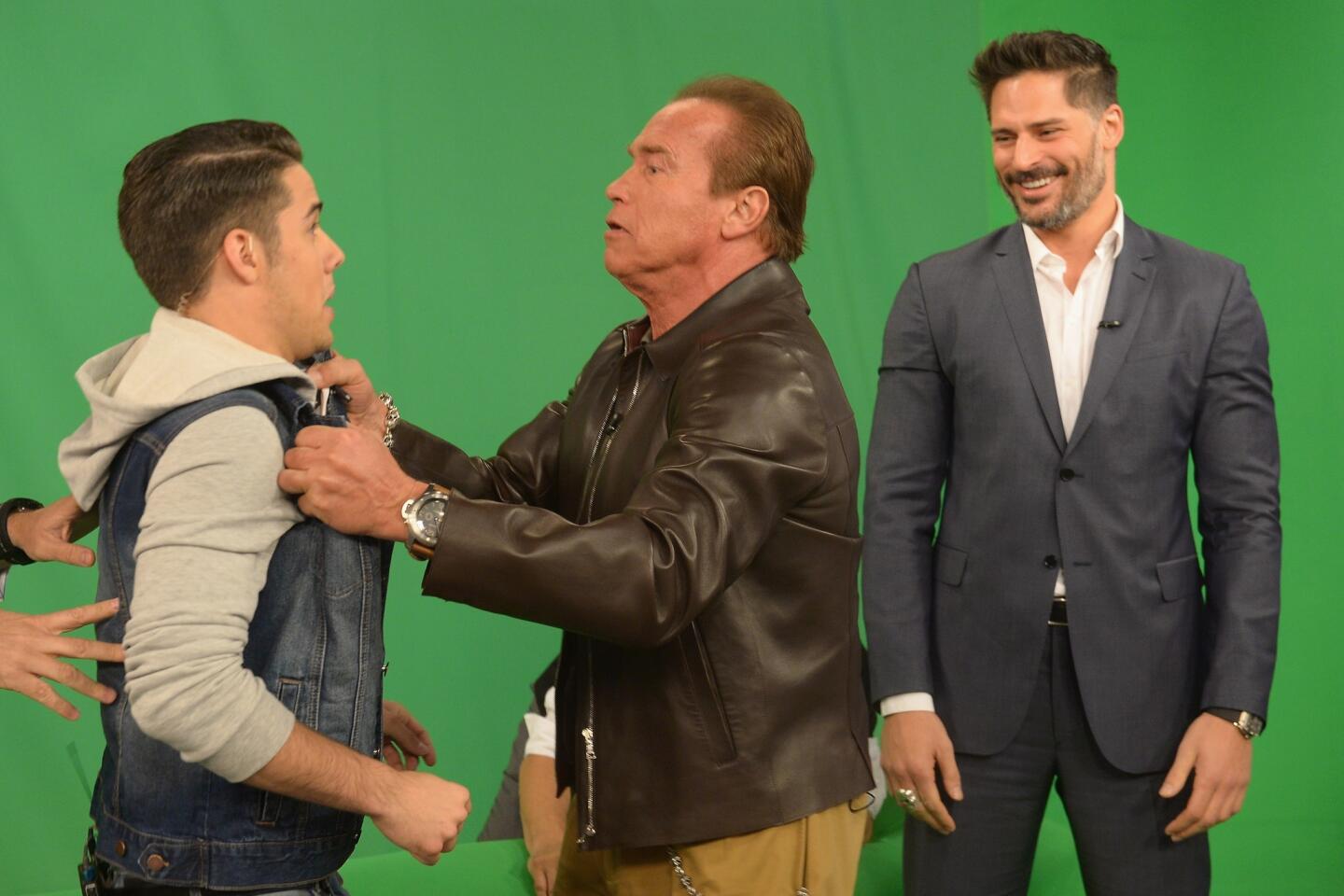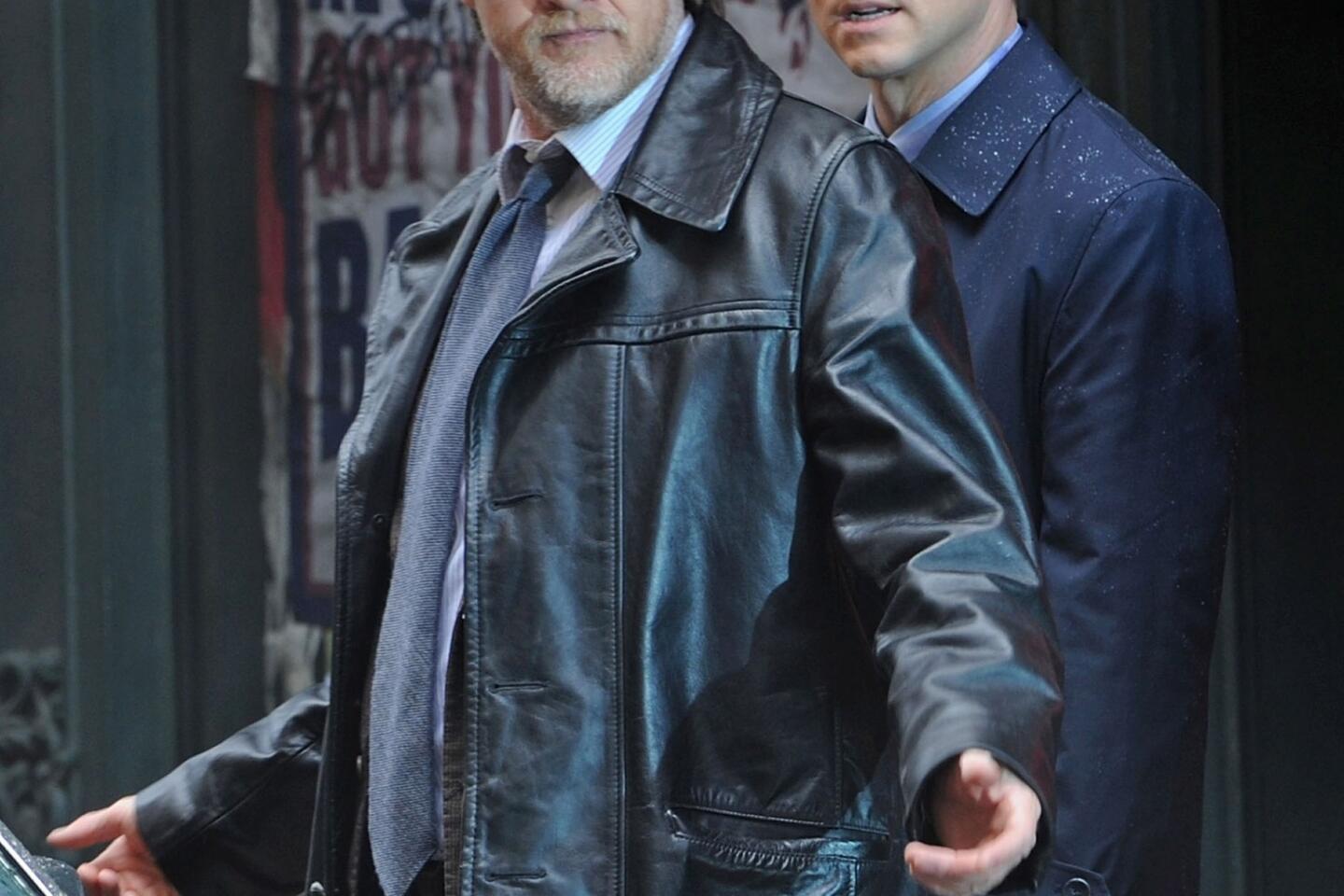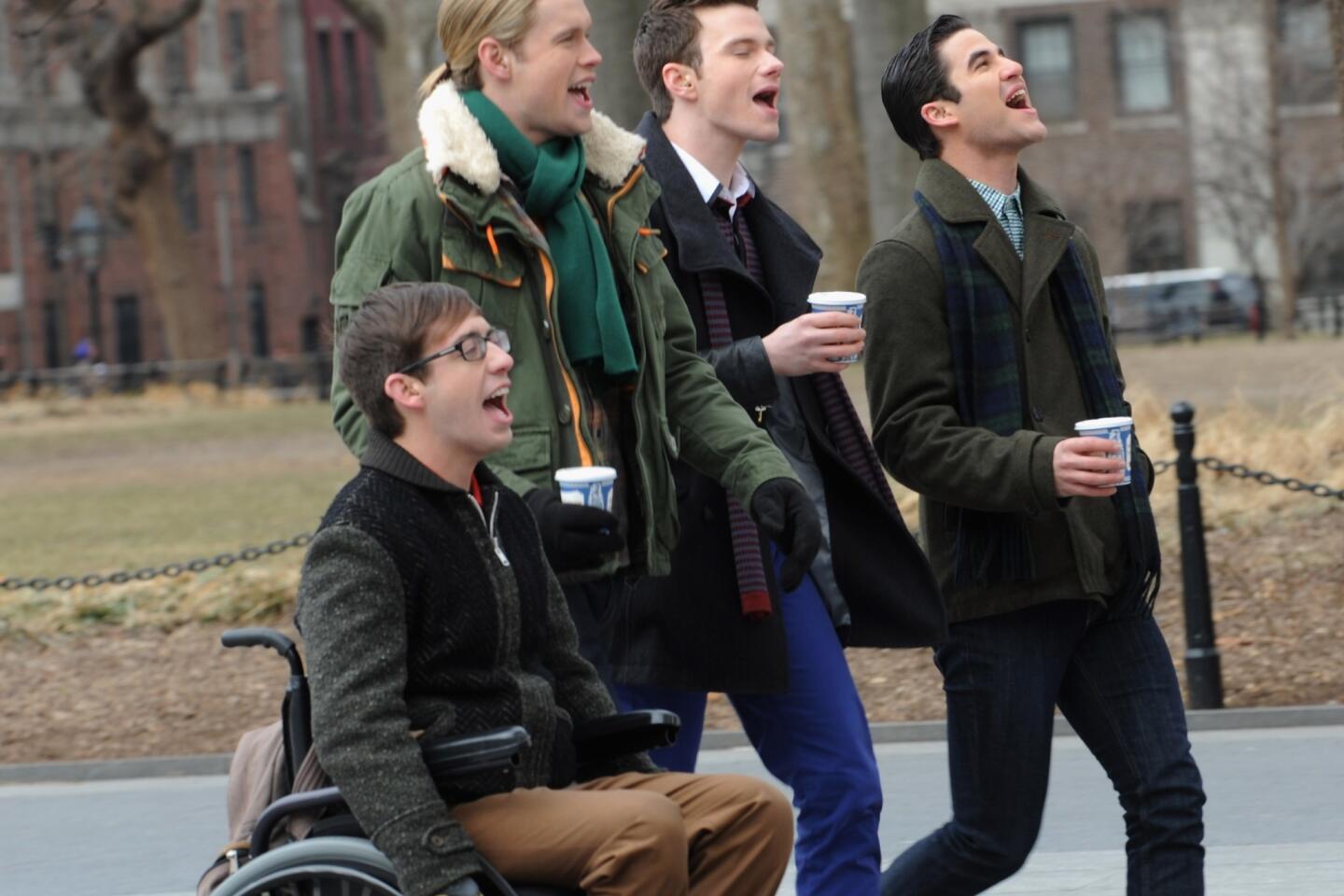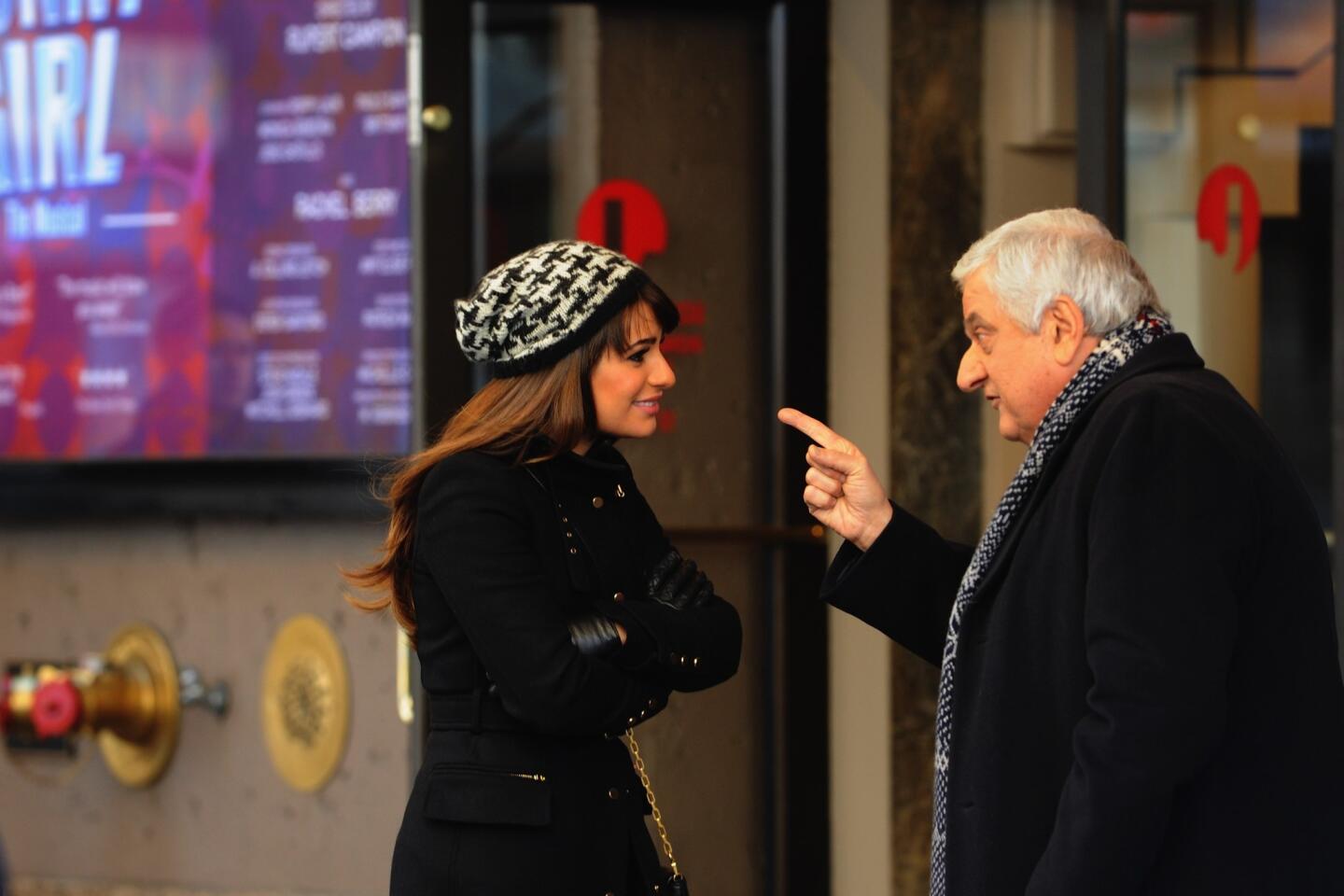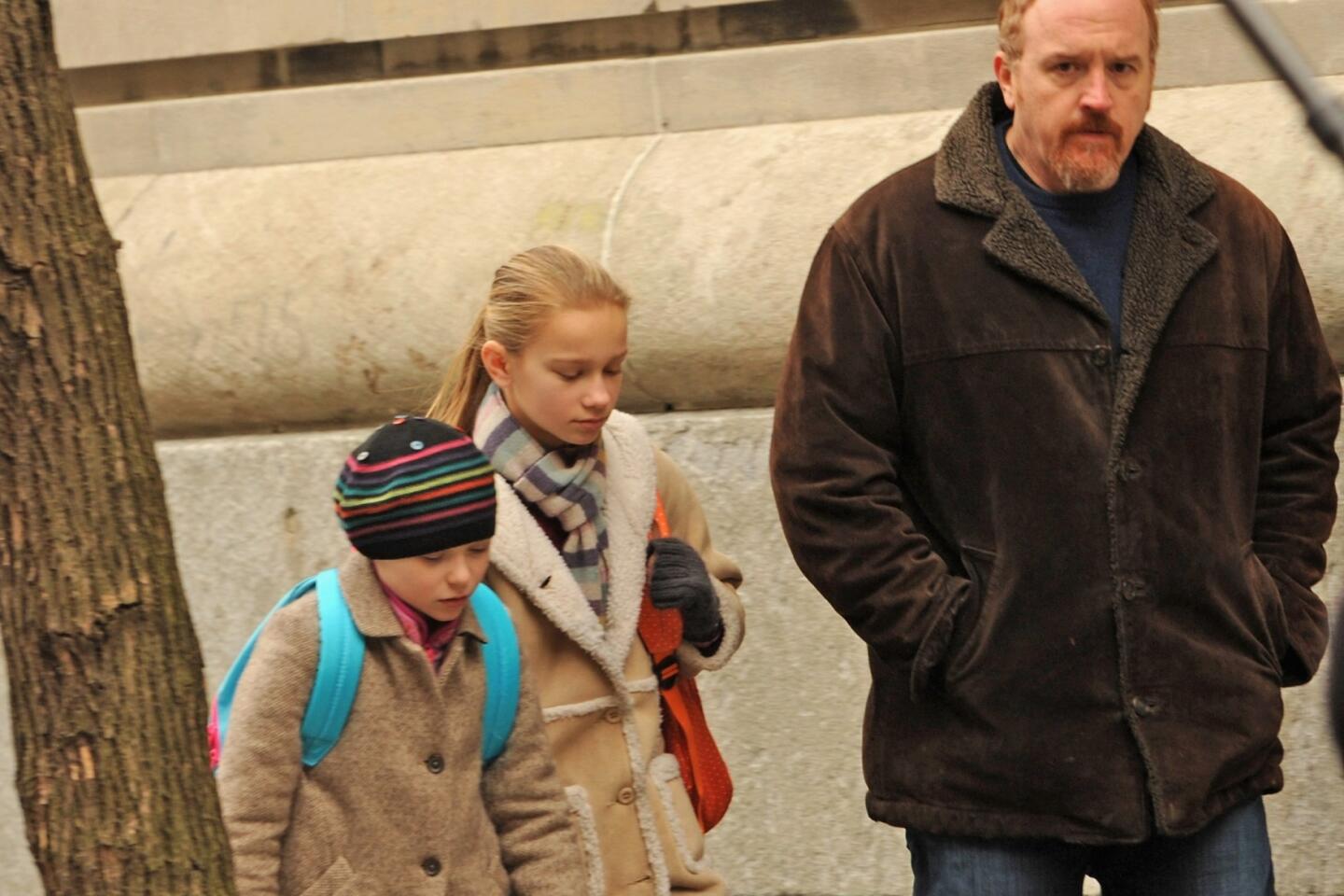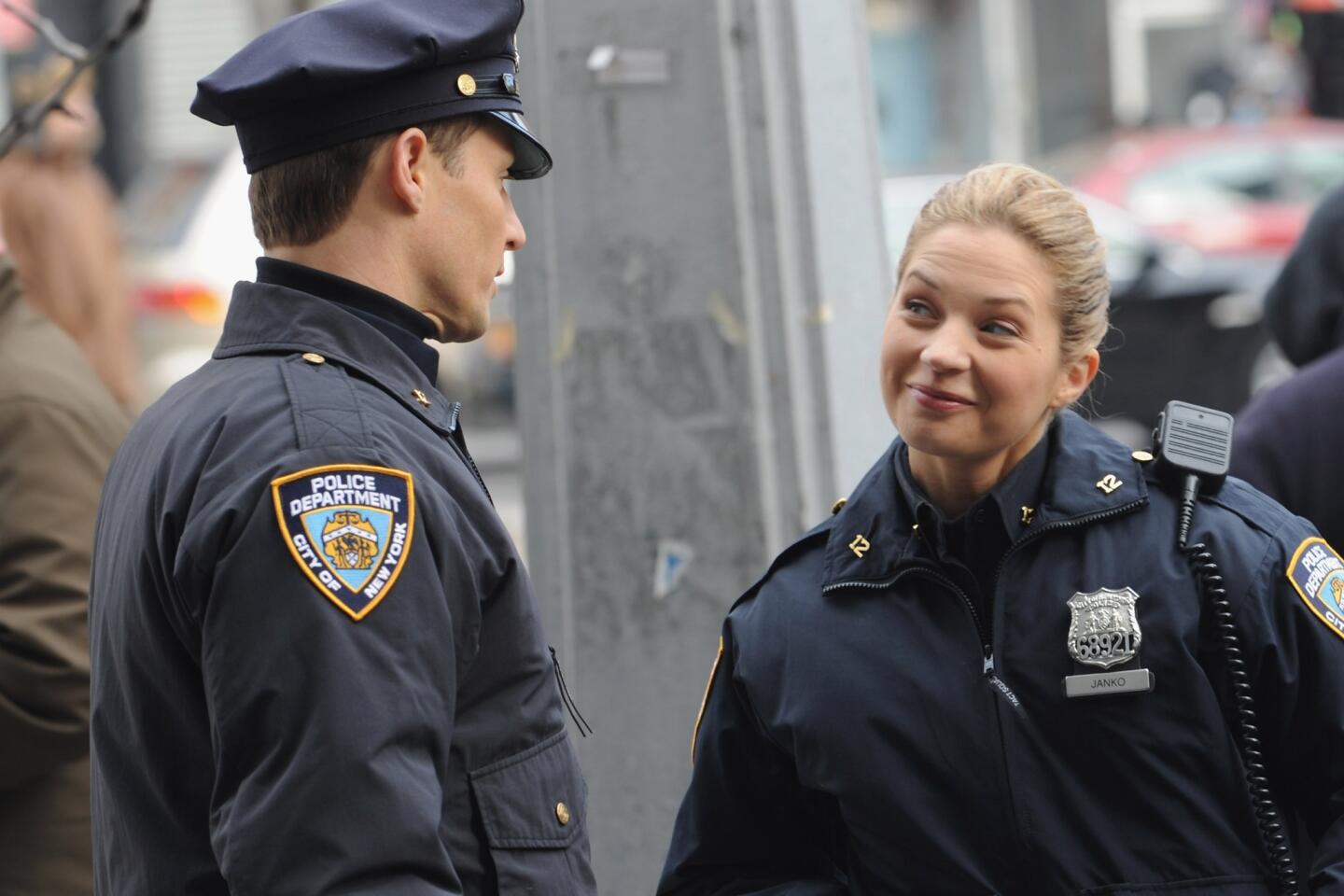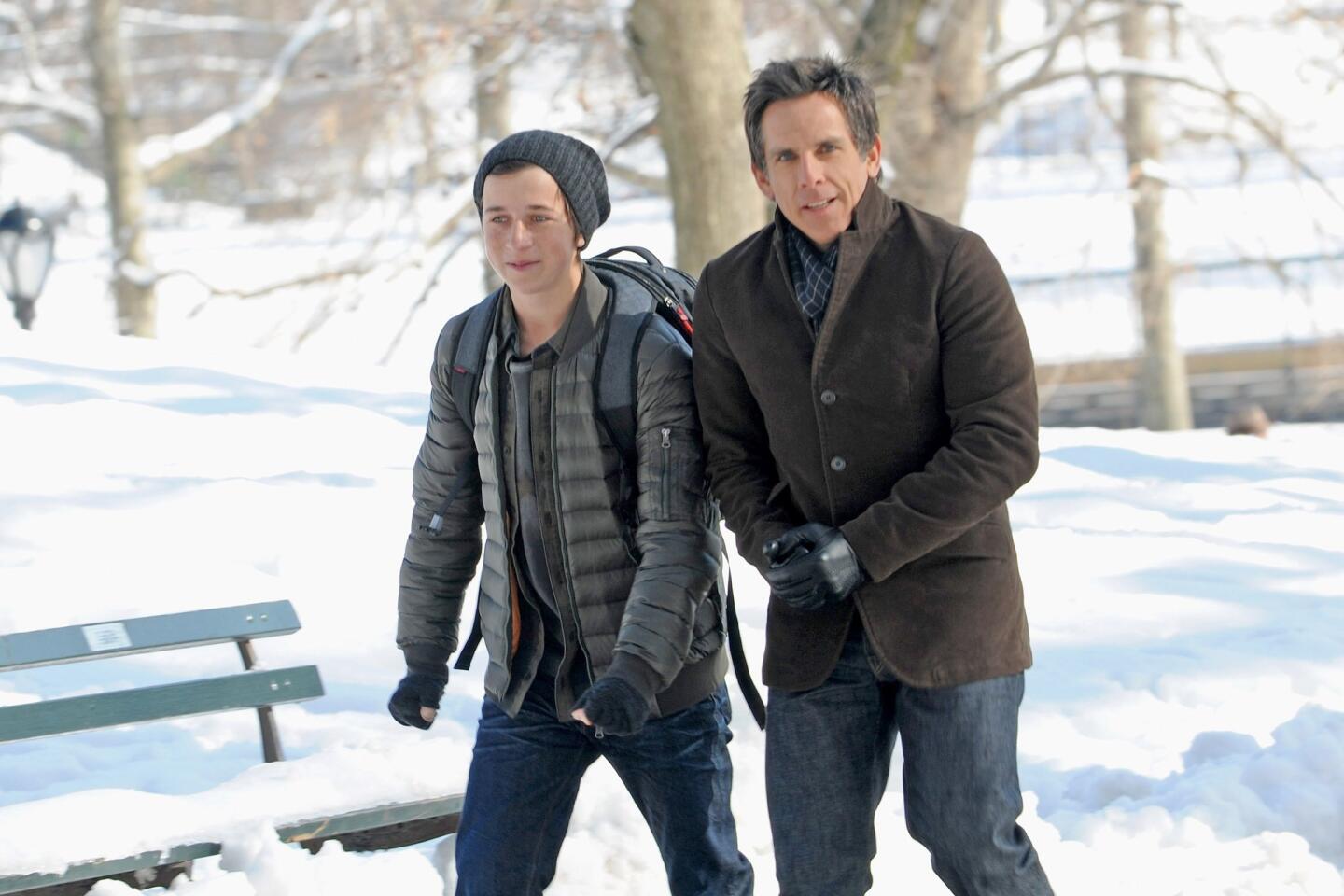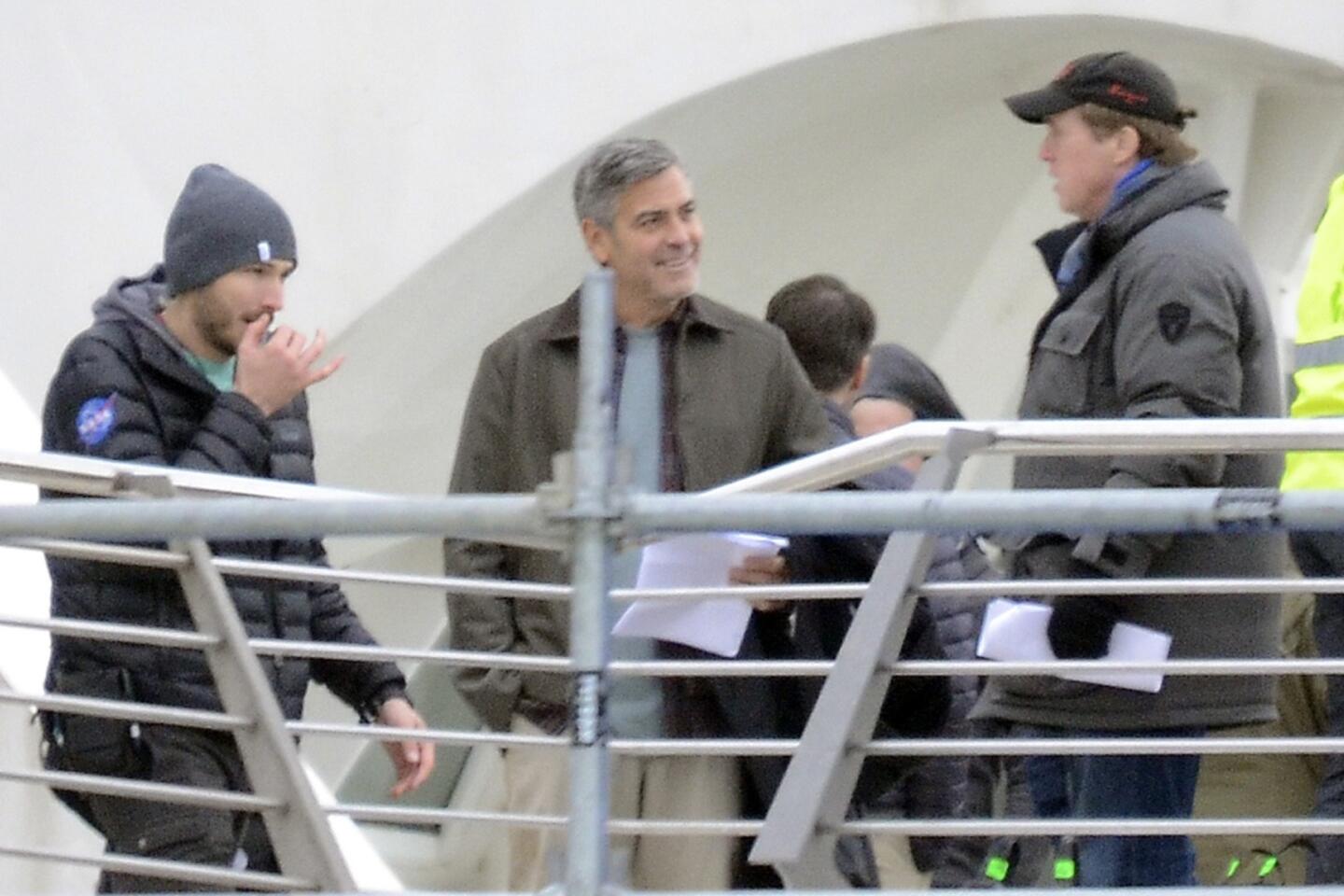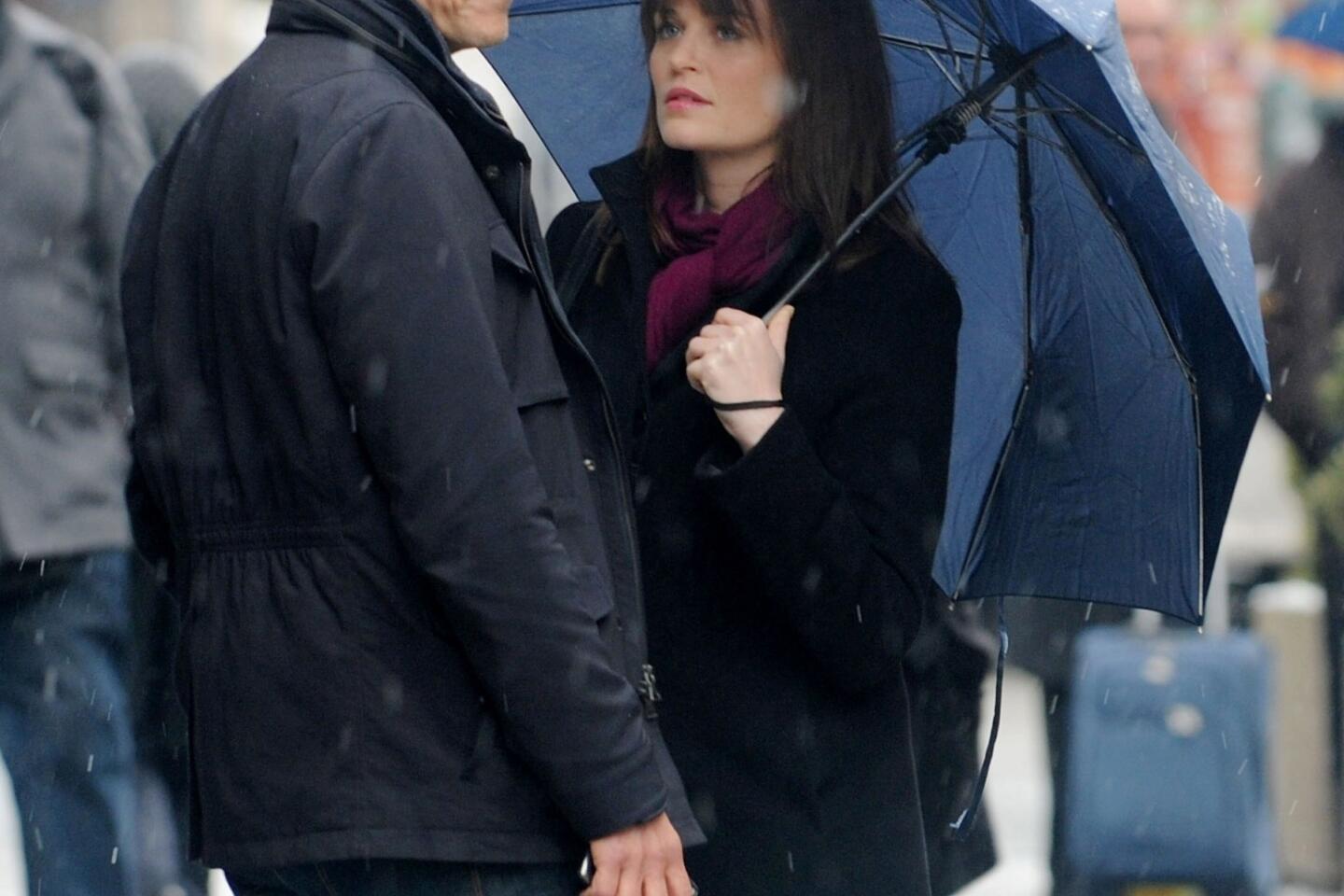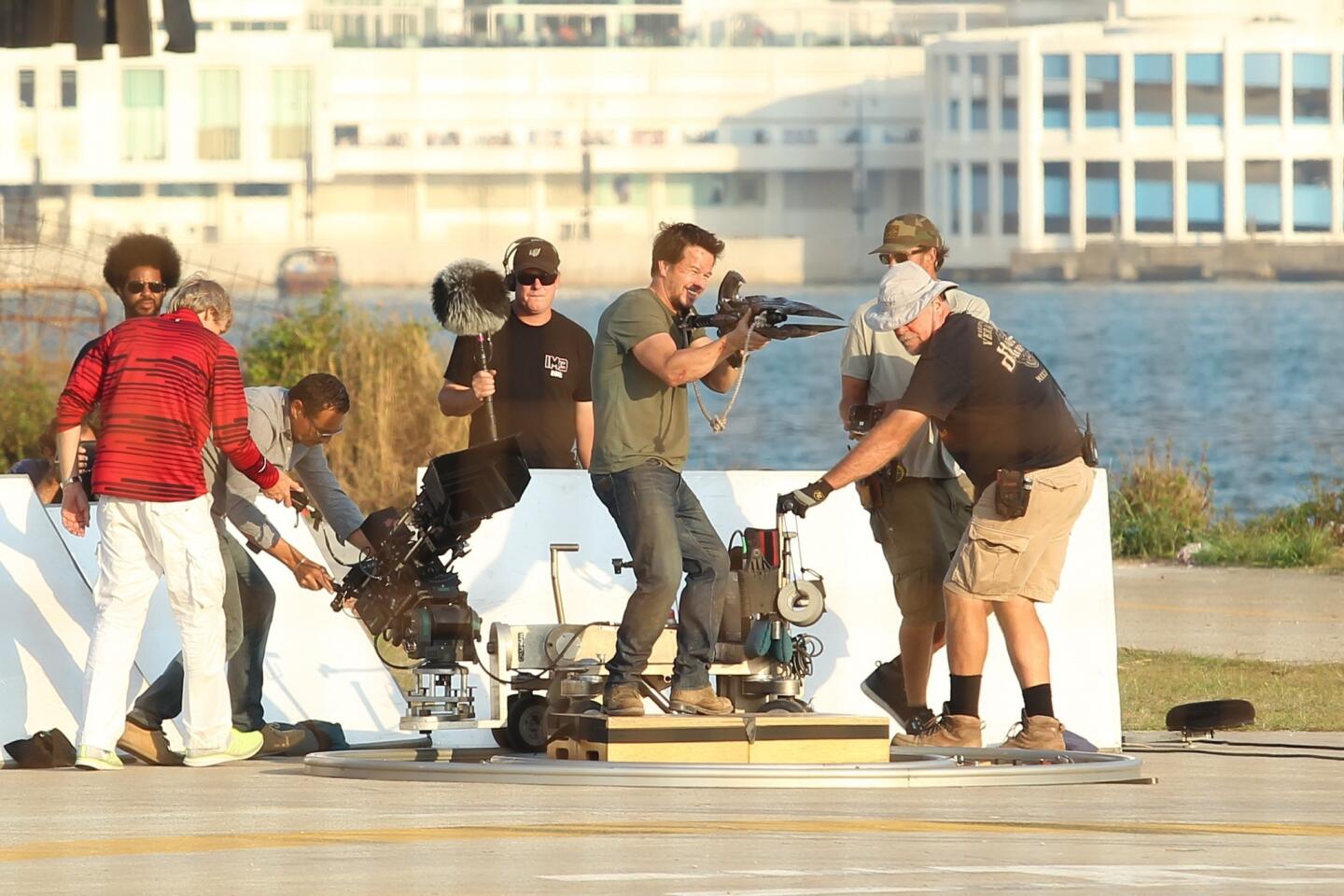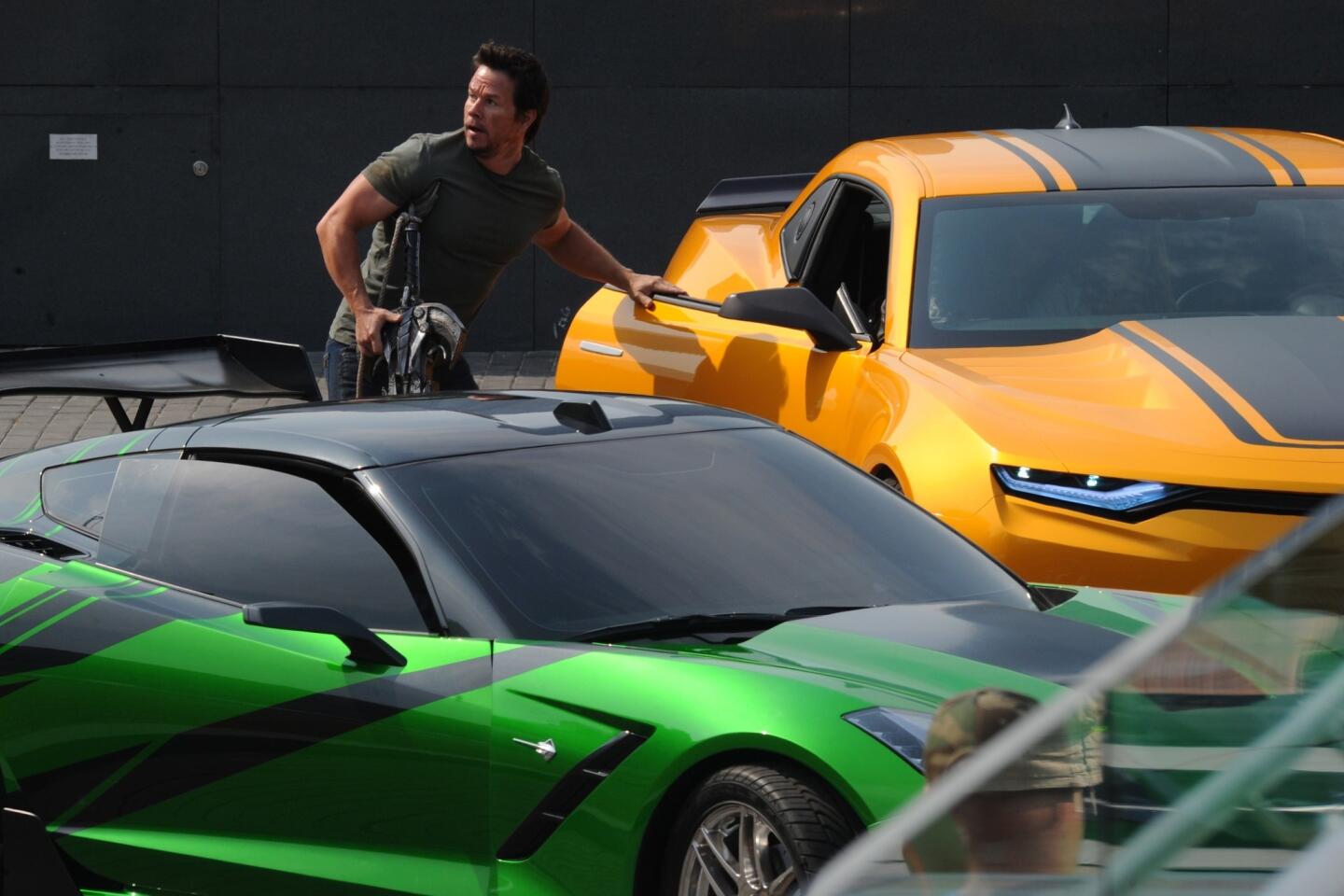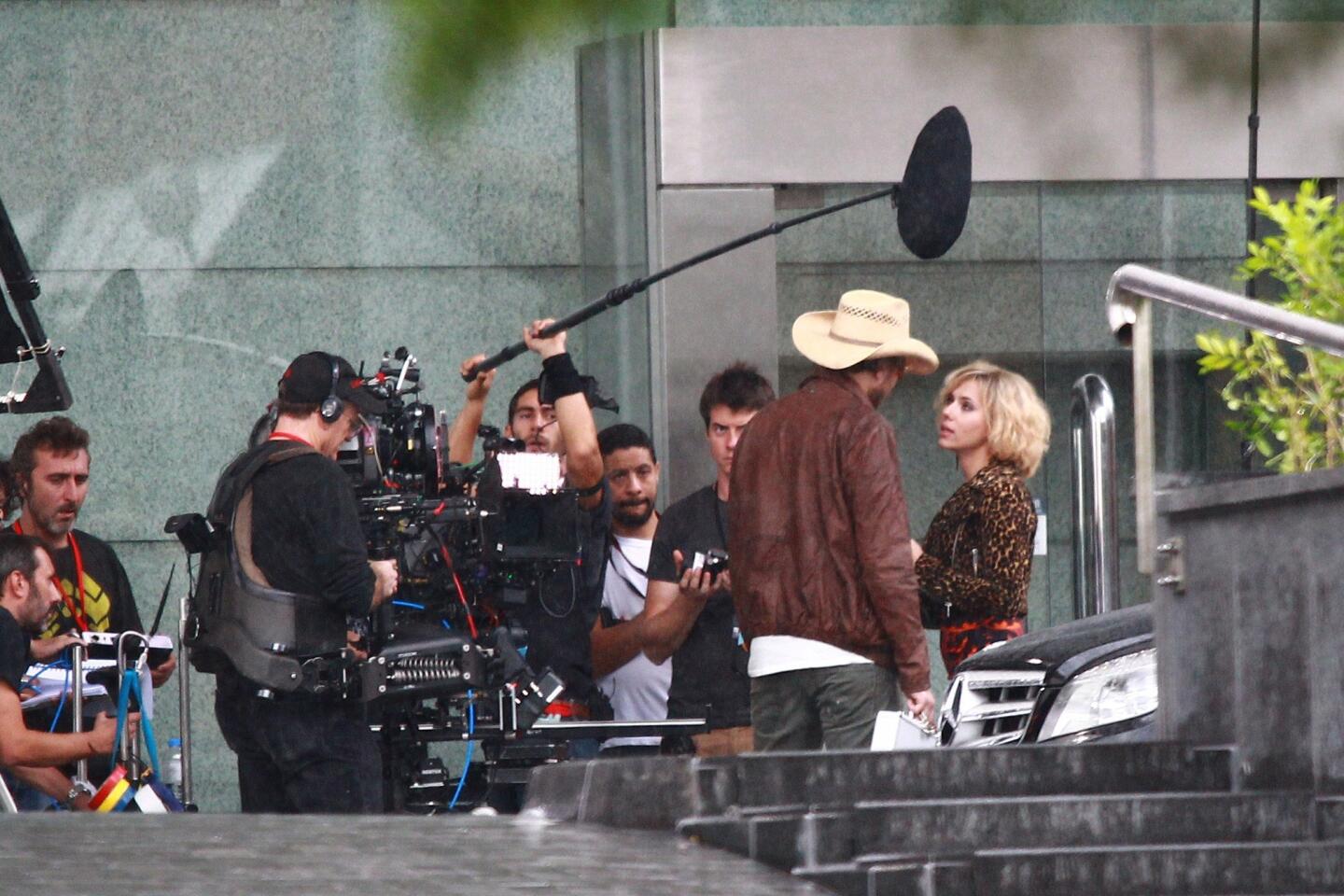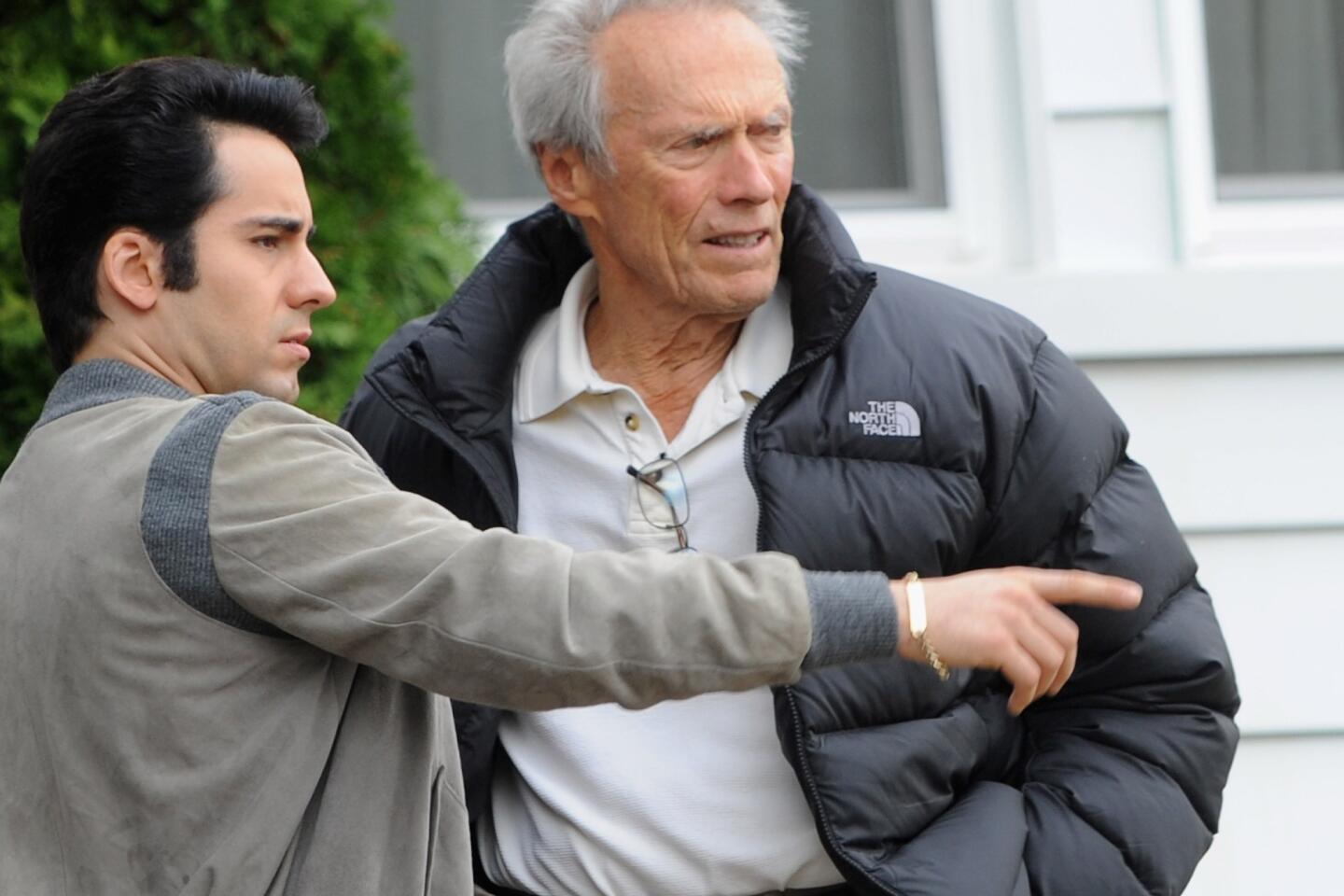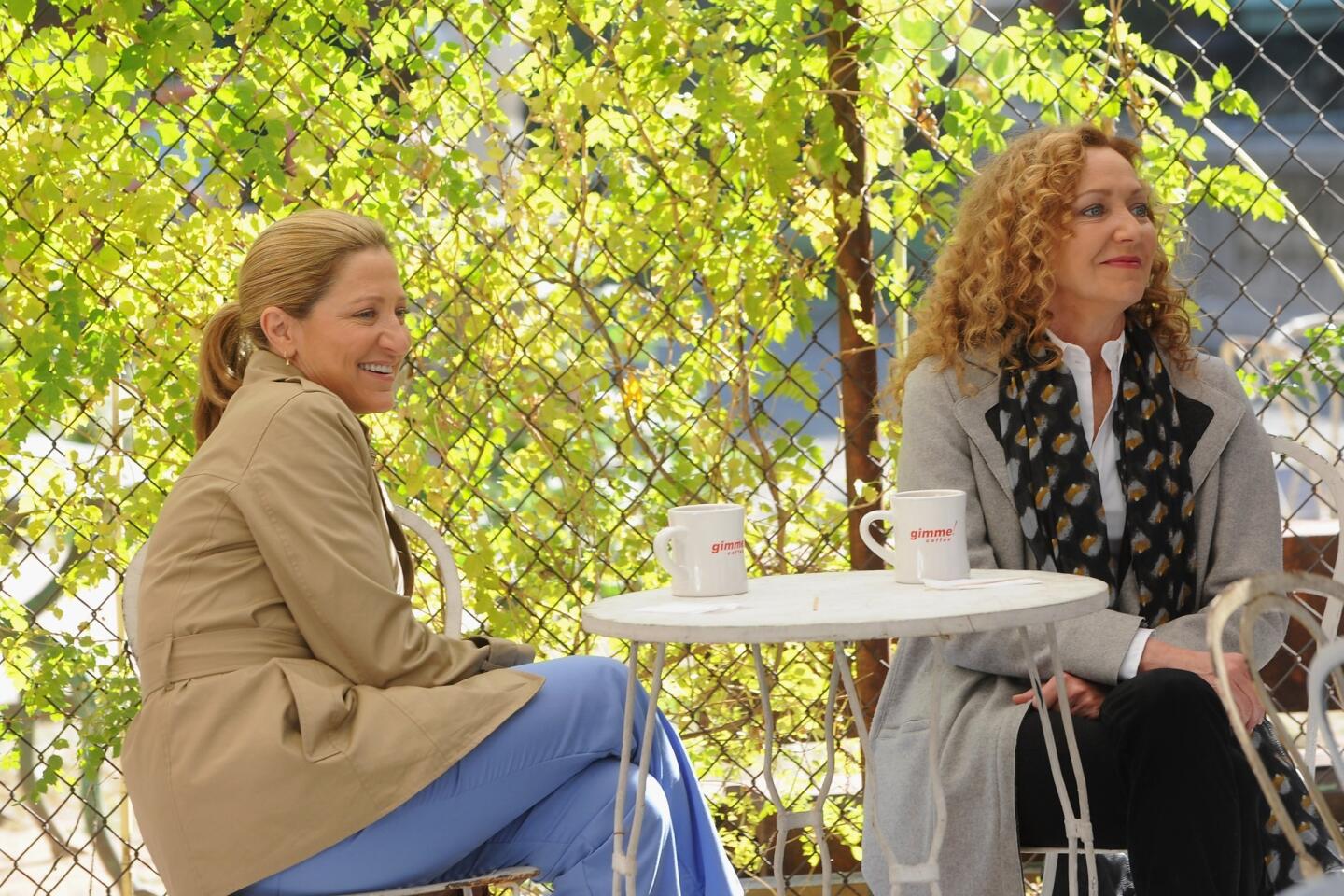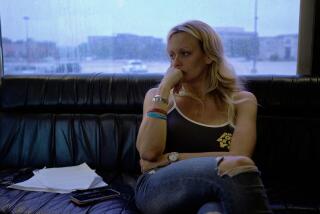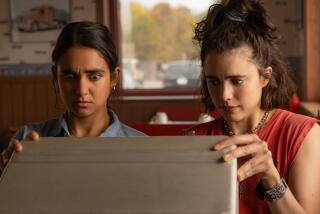Review: ‘Lovelace’ reveals degradation of porn star’s life
How far does a girl have to go to untangle her tingle? This was the discreetly prurient poster question used to sell “Deep Throat” and Linda Lovelace to a mainstream public in 1972. The new biopic “Lovelace,” about the grimly exploited porn star born Linda Boreman, stars Amanda Seyfried as the improbable icon whose name became Bob Hope’s late-career punch line and a reliable ba-DUM-bum on “The Tonight Show” and a thousand other cultural wellsprings.
Seyfried shot this well-acted but dodgy biopic around the time she made “Les Miserables”; truly, though, Lovelace was the miserable one.
Screenwriter Andy Bellin tells some of the truth but with a fair amount of whitewash. When a biopic is made with the full cooperation of the subject’s estate, as “Lovelace” was, you can bet certain things won’t make the cut, in this case the worst of what Lovelace endured before “Deep Throat” (including a couple of bestiality stag films) and afterward (the cure-all marriage with children we see in the coda, as Lovelace herself once wrote, wasn’t really so rosy).
PHOTOS: Billion-dollar movie club
Another marriage, pure hell for Lovelace, looms front and center here. Following Bellin’s script, directors Rob Epstein and Jeffrey Friedman, who made “The Celluloid Closet” (still their best) and “Howl,” open with a chipper and sunny Lovelace out on the patio with her best friend in Florida, blithely making the best of a tough situation living under the same roof with her scowling, disapproving parents, played by Robert Patrick and a drabbed-down, care-worn Sharon Stone.
Soon enough, at a local roller rink, Lovelace (still Linda Boreman at this stage) meets the man of her dreamy nightmares. He’s a vicious lowlife and sometime pornmeister (and later, his wife’s pimp) named Chuck Traynor, portrayed with comically sharp sideburns and gallons of sour relish by Peter Sarsgaard. Bellin’s conceit is this: In the first half of “Lovelace,” we see one version of Linda’s rise and fall and rebirth, cast in a deliberately deceptive glow. In the second half, the film’s version of the real truth comes out, and we learn the full extent of Traynor’s loathsome cruelty and the degradations suffered by Lovelace. Cameos such as James Franco (as Hugh Hefner, putting the moves on Lovelace at her own premiere) and Hank Azaria (as a film “investor”) dot the grimy landscape.
Traynor and Lovelace made a lousy $1,250 for “Deep Throat,” while the producers and the reputed gangsters behind the producers made millions. It’s a sick joke, what happened to this woman, without the “joke” part. Watching “Lovelace,” which takes great care not to push its luck sexually or otherwise, you get the feeling you may have had watching Paul Schrader’s “Auto Focus” (about “Hogan’s Heroes” star Bob Crane and his sad, swingin’ sexual exploits). Spending time with Traynor and various other cold creeps gives you, deliberately, the cold creeps. The re-creations of the era are artful, and the acting’s strong. Seyfried and Sarsgaard have a lot to play and attack the material fiercely and honestly. But “Lovelace” is a coldly compelling look at the surface of a woman, with little interest in the contradictions under the skin.
--------------------------
‘Lovelace’
MPAA rating: R for strong sexual content, language, thematic elements and brief smoking
Running time: 1 hour, 32 minutes
Playing: In general release
More to Read
Only good movies
Get the Indie Focus newsletter, Mark Olsen's weekly guide to the world of cinema.
You may occasionally receive promotional content from the Los Angeles Times.
